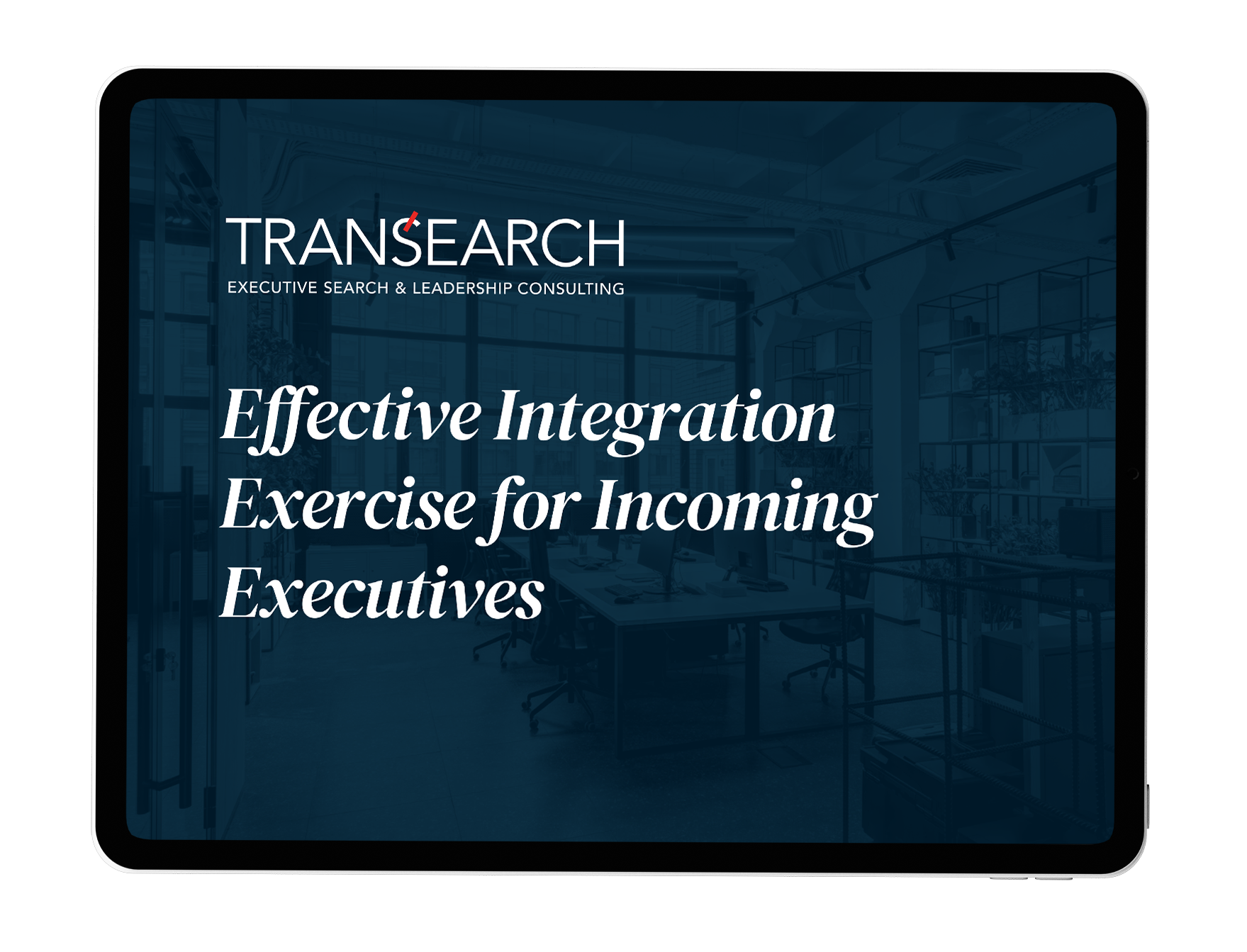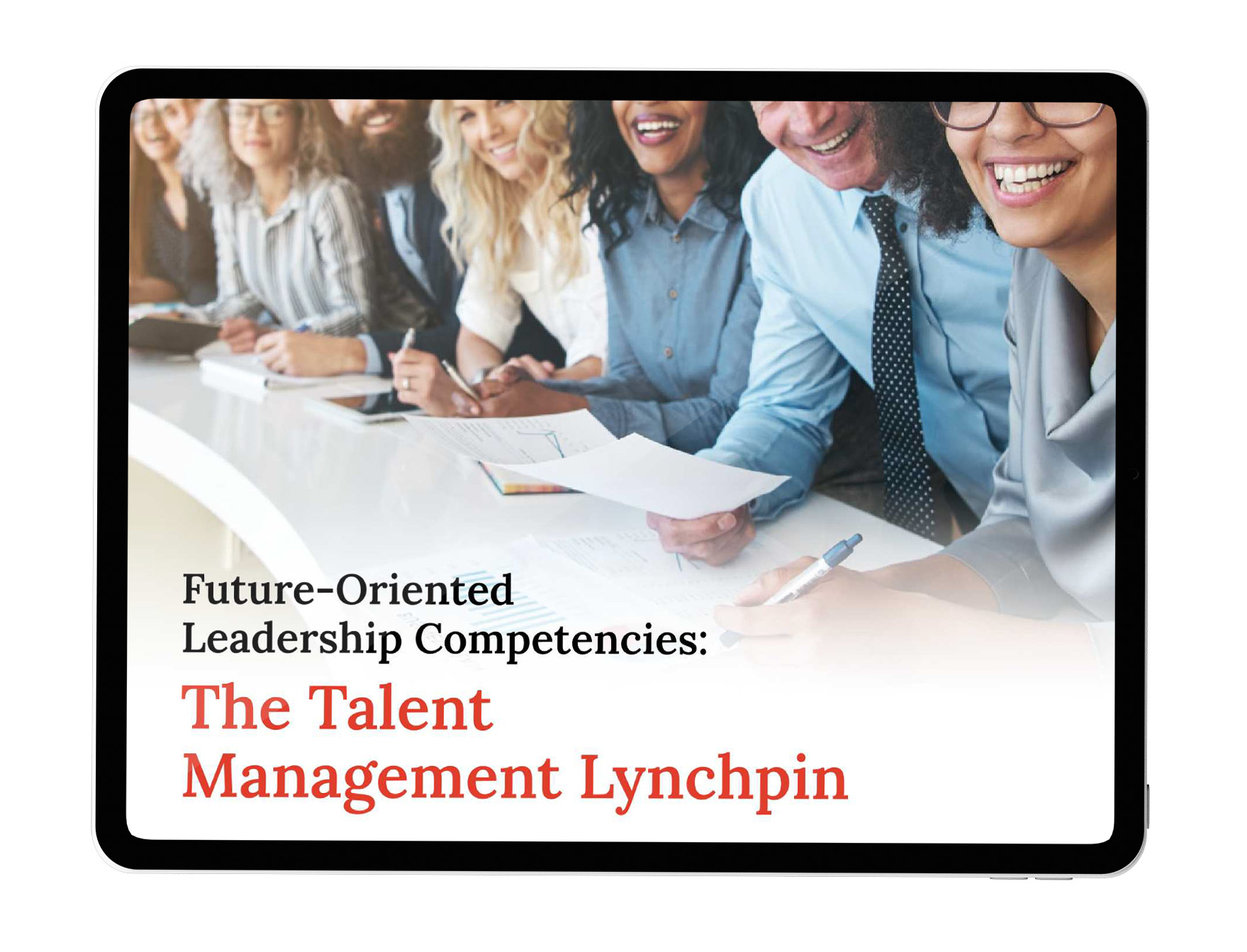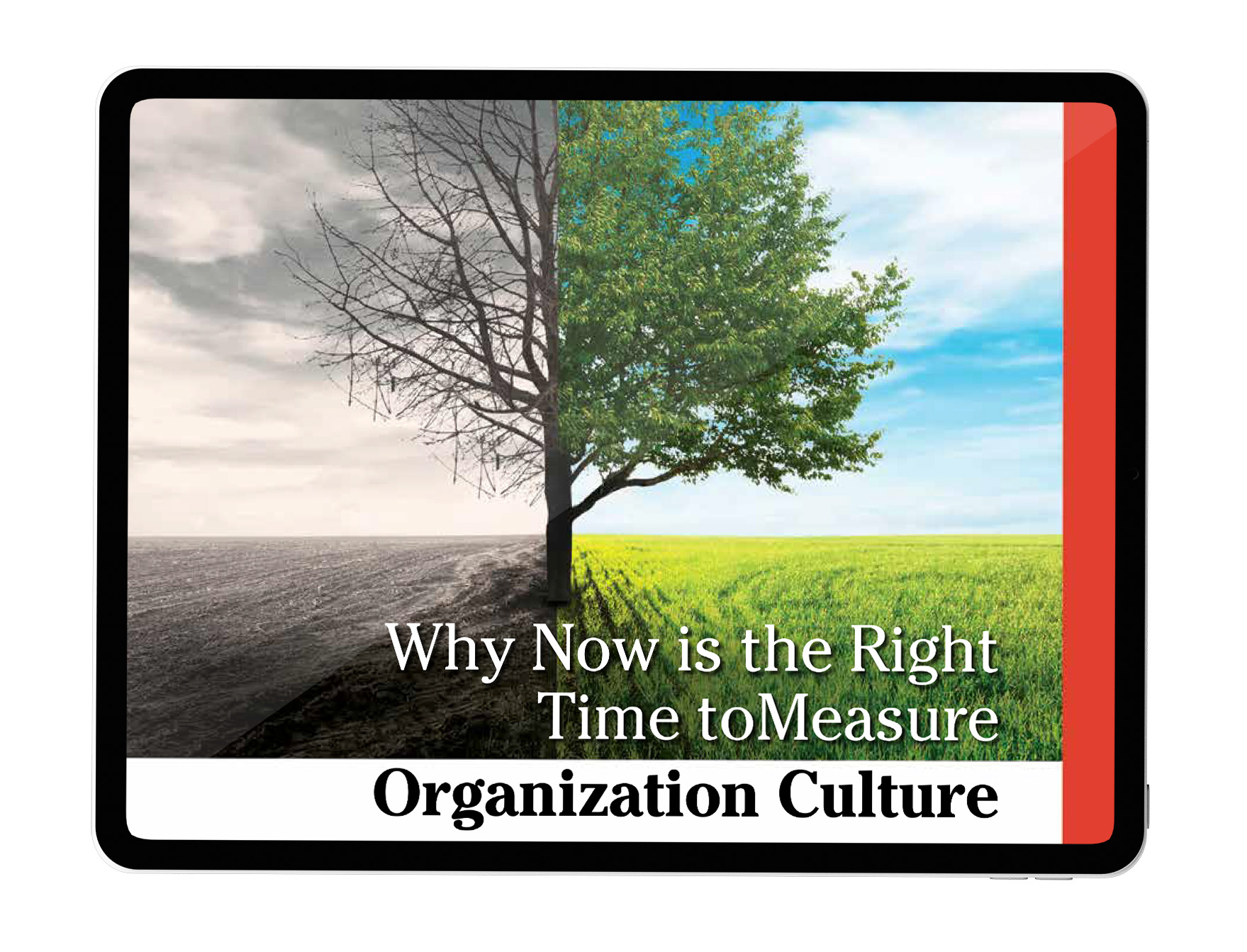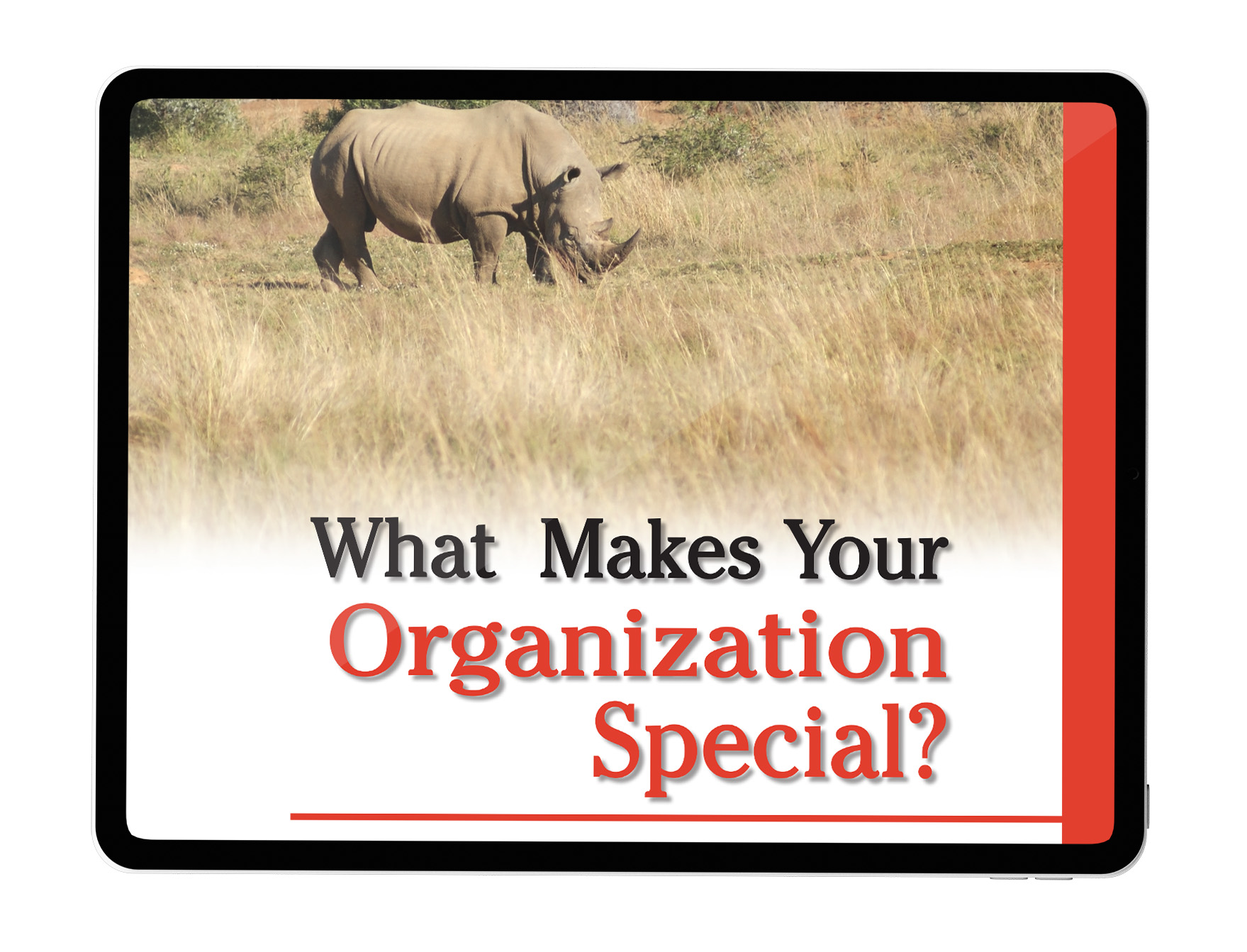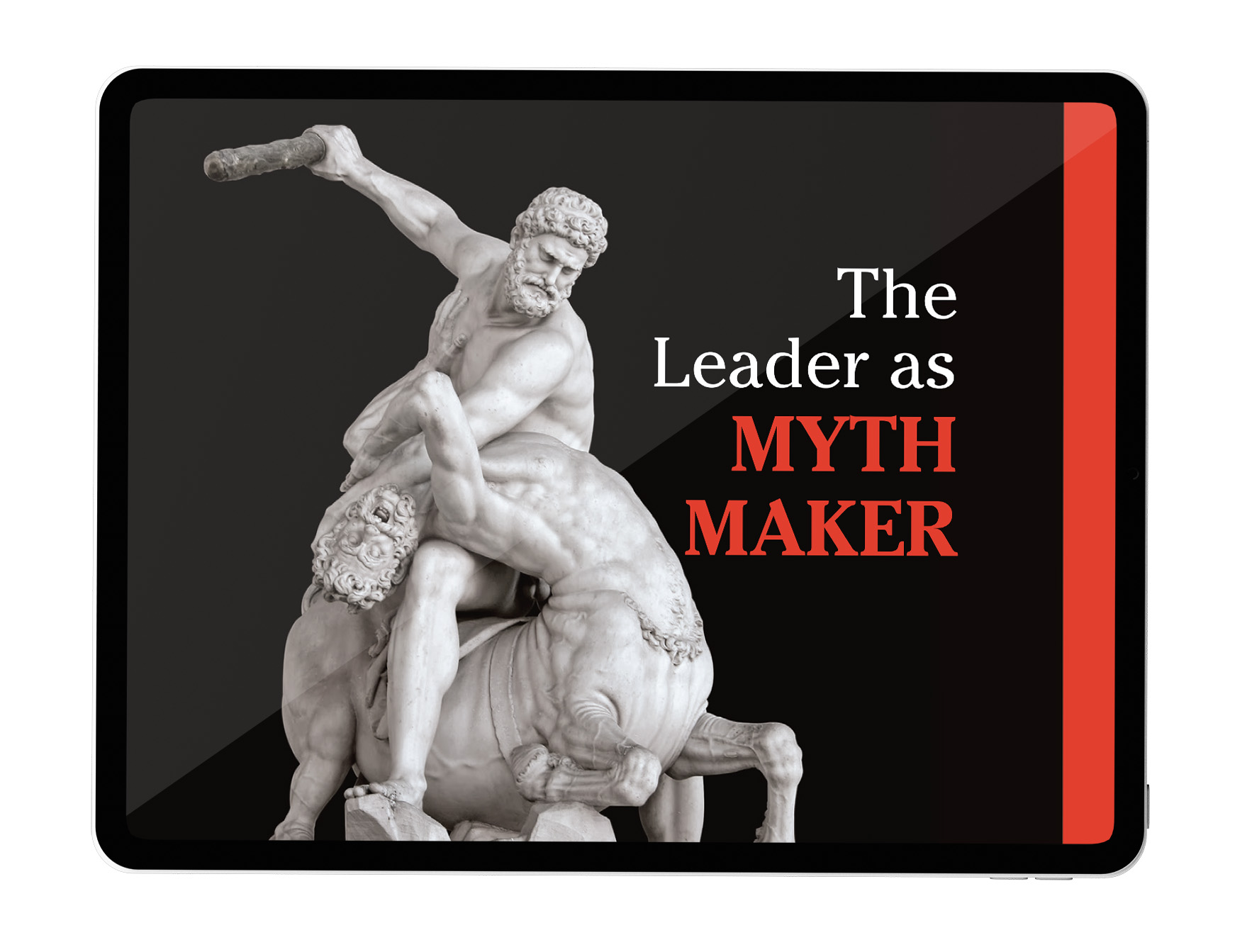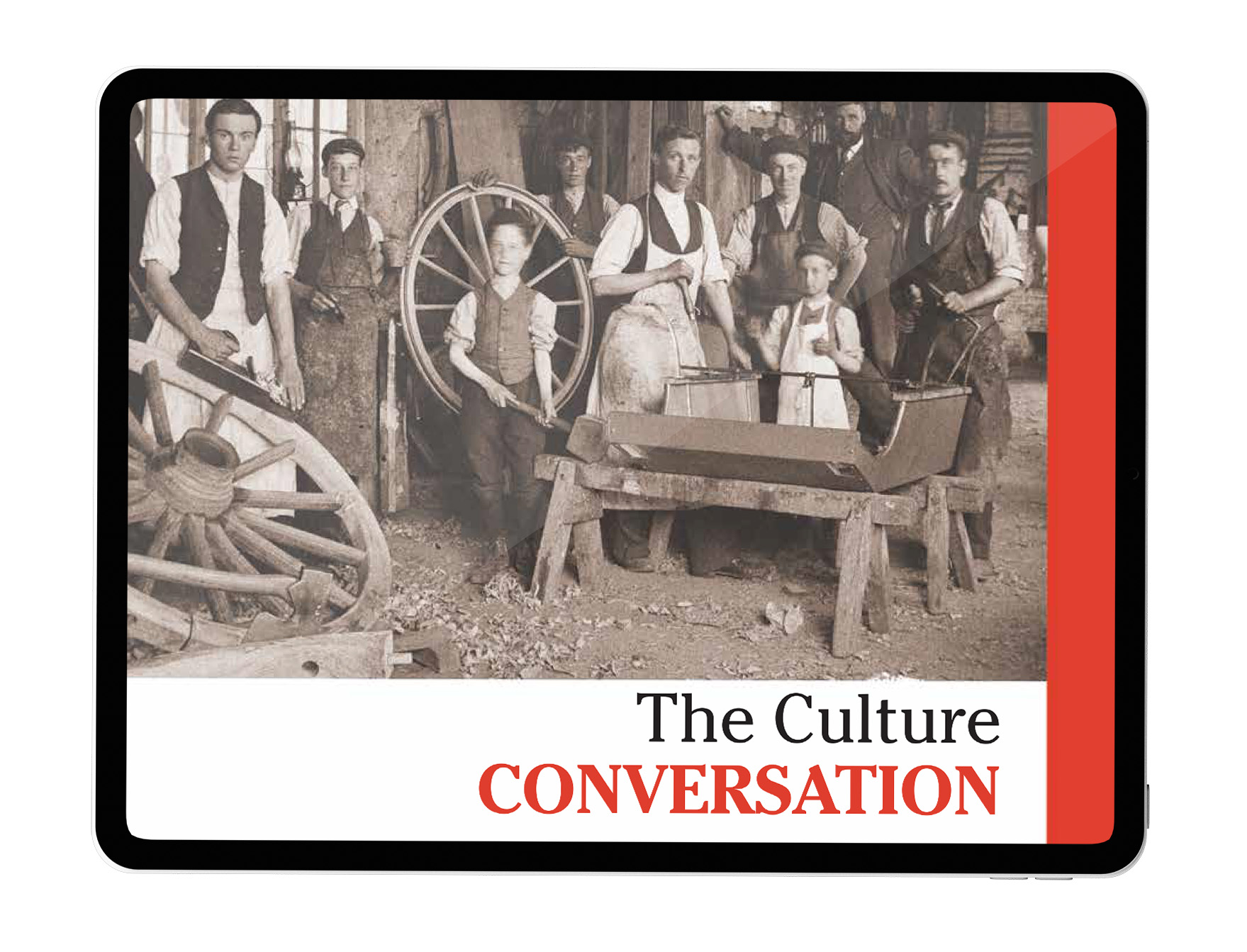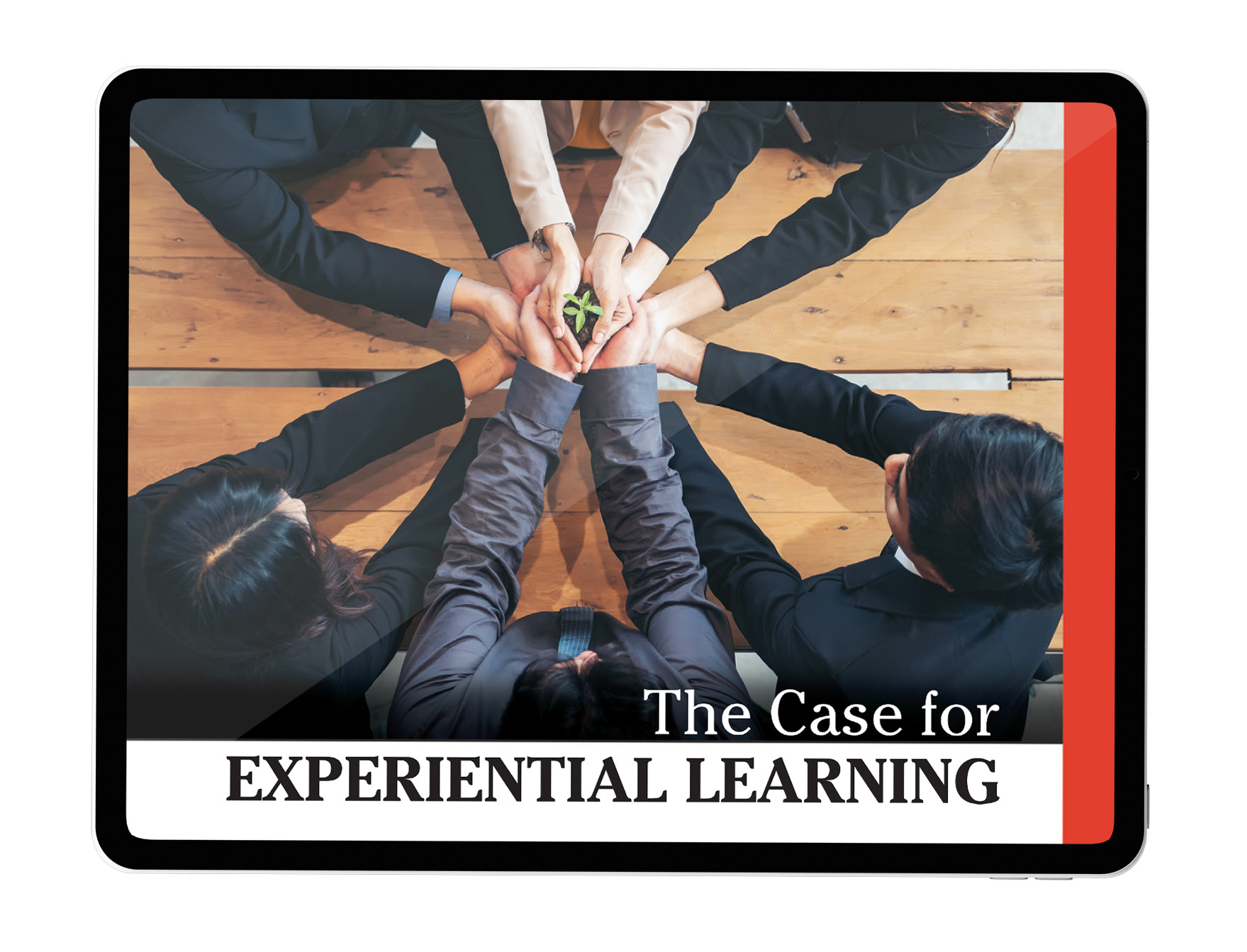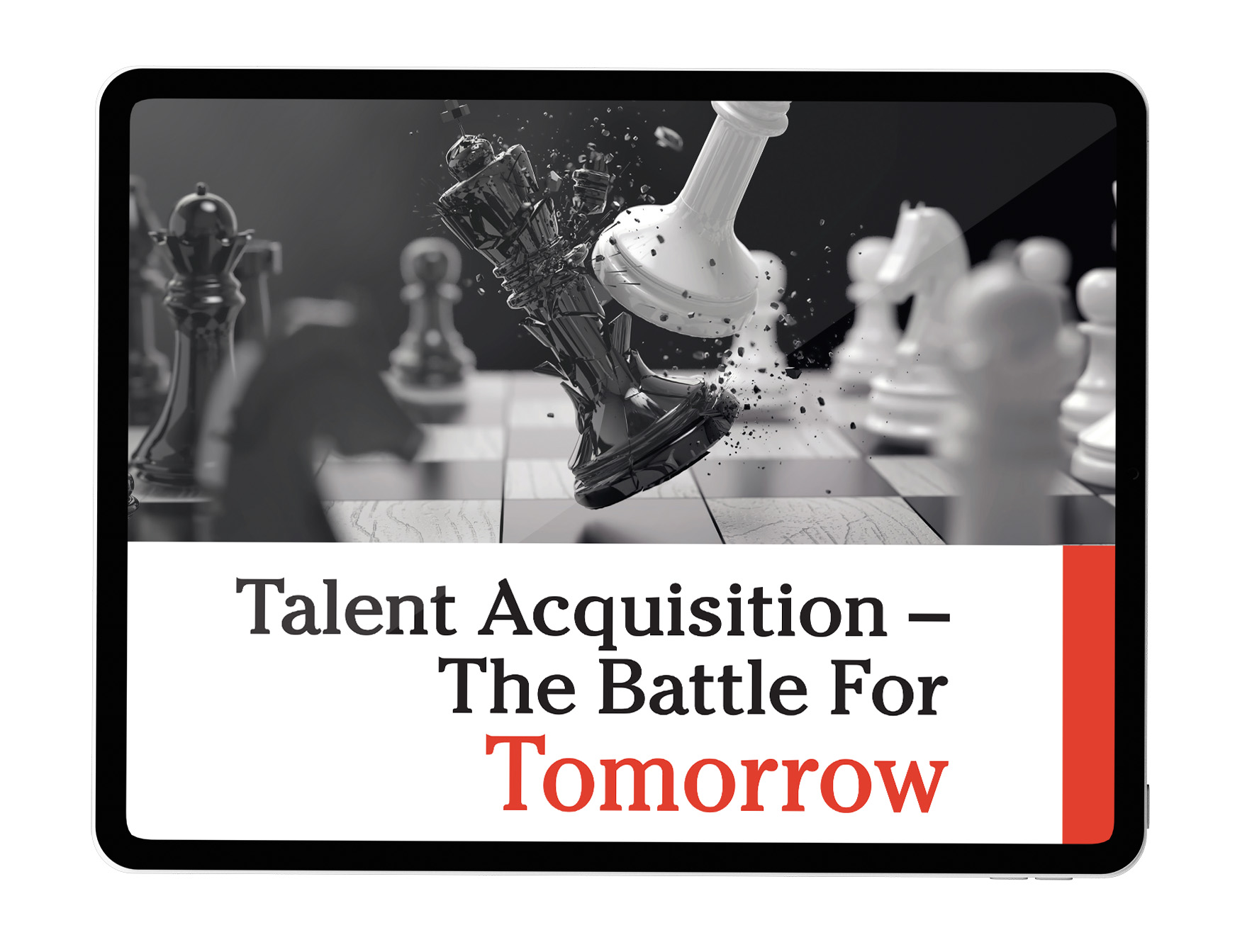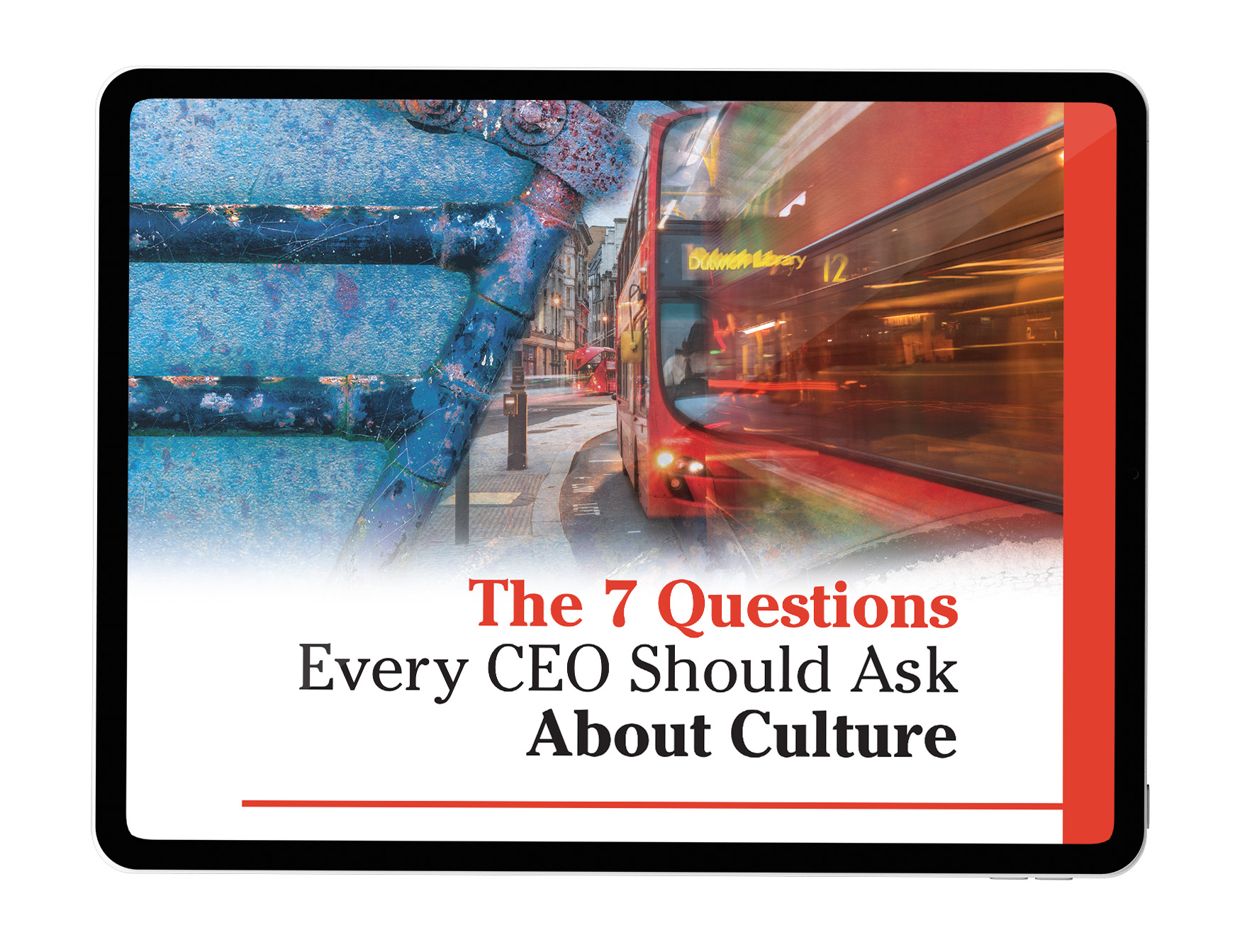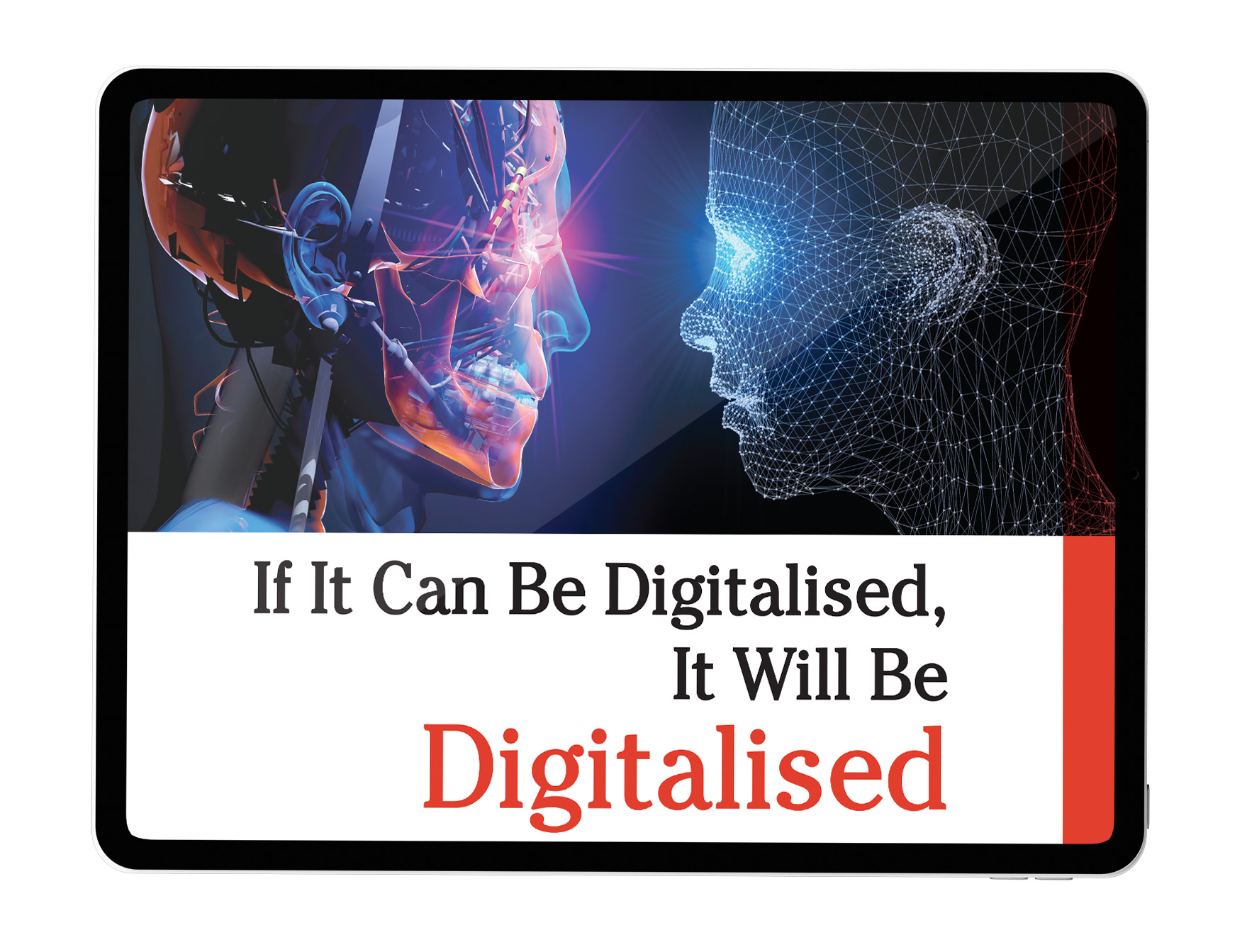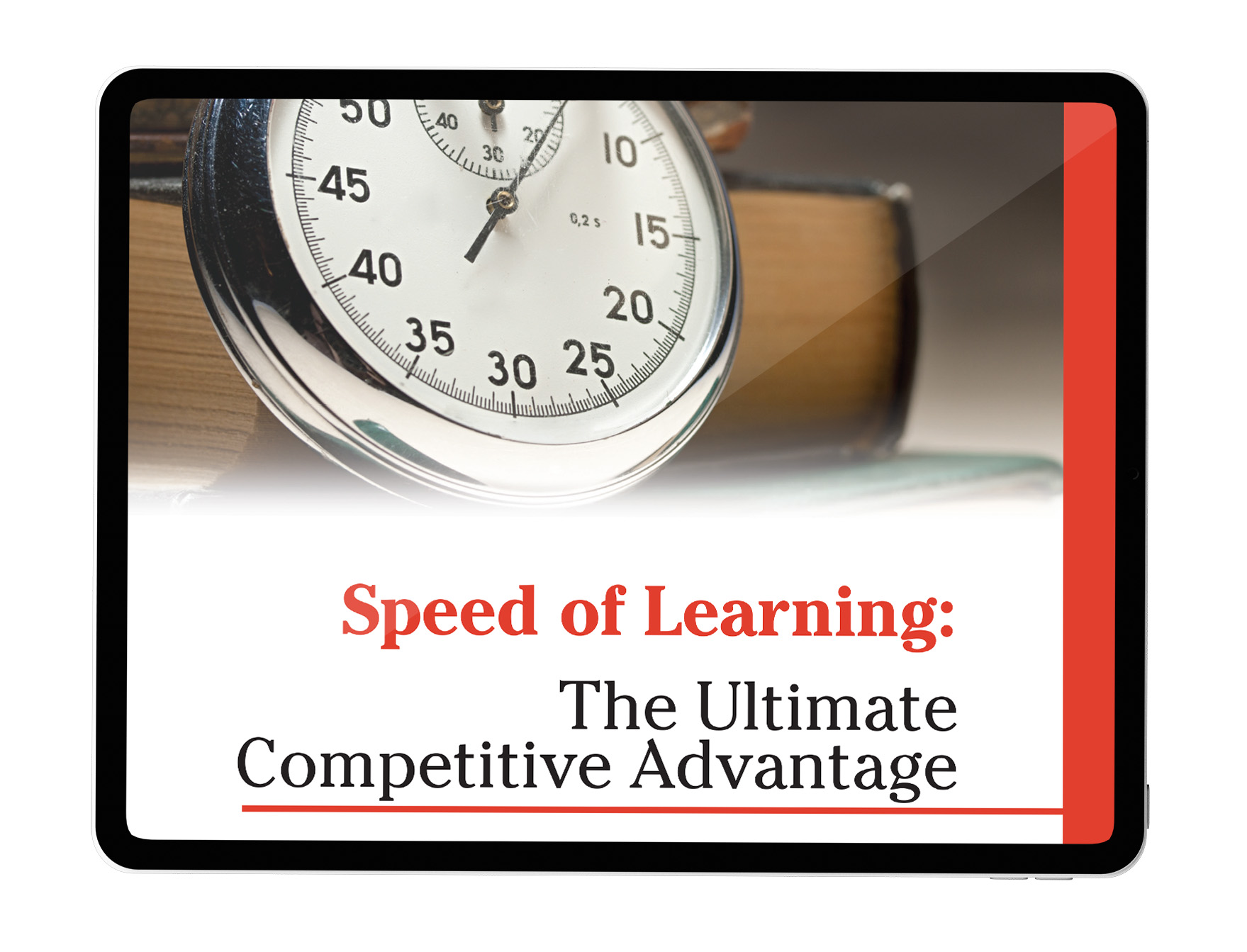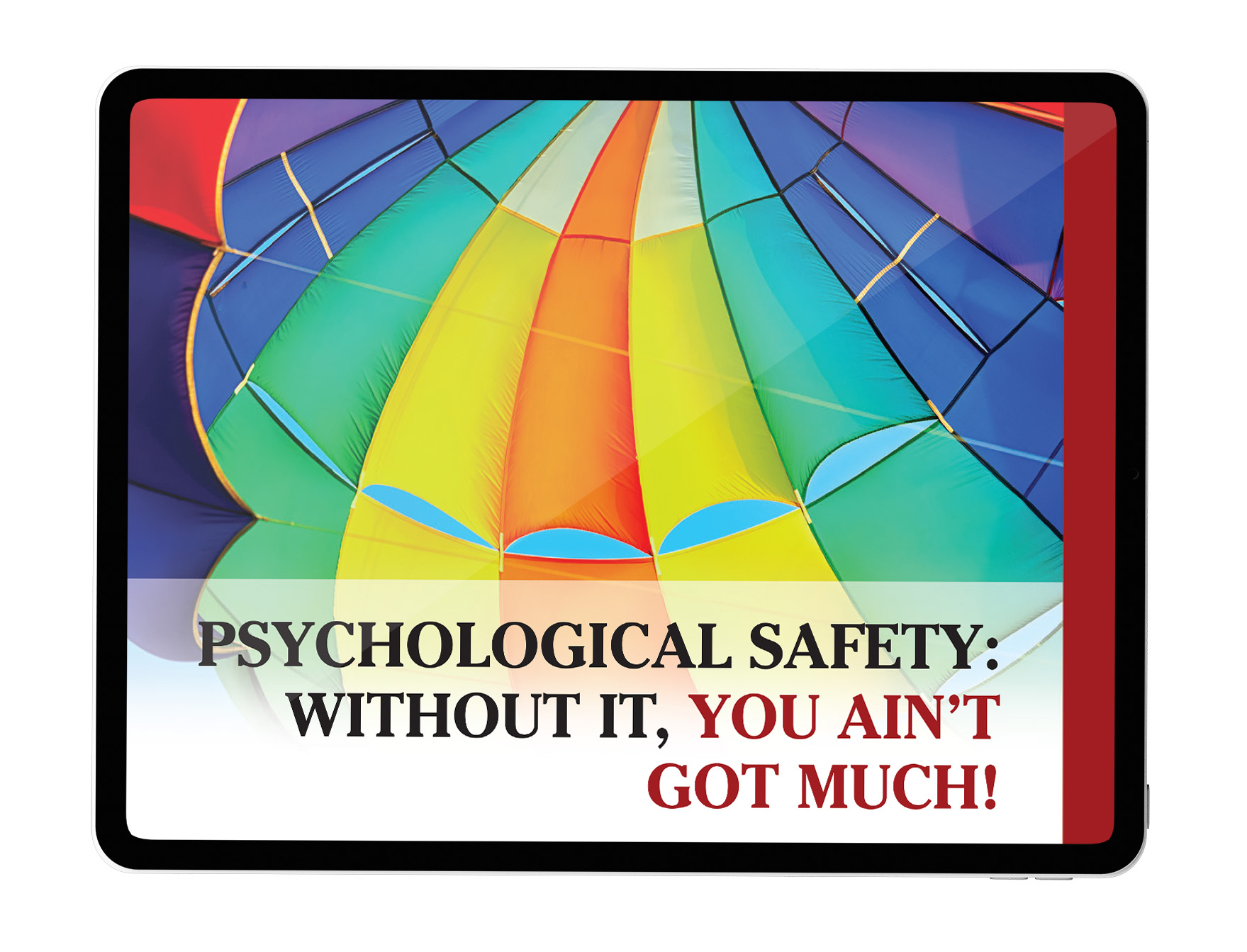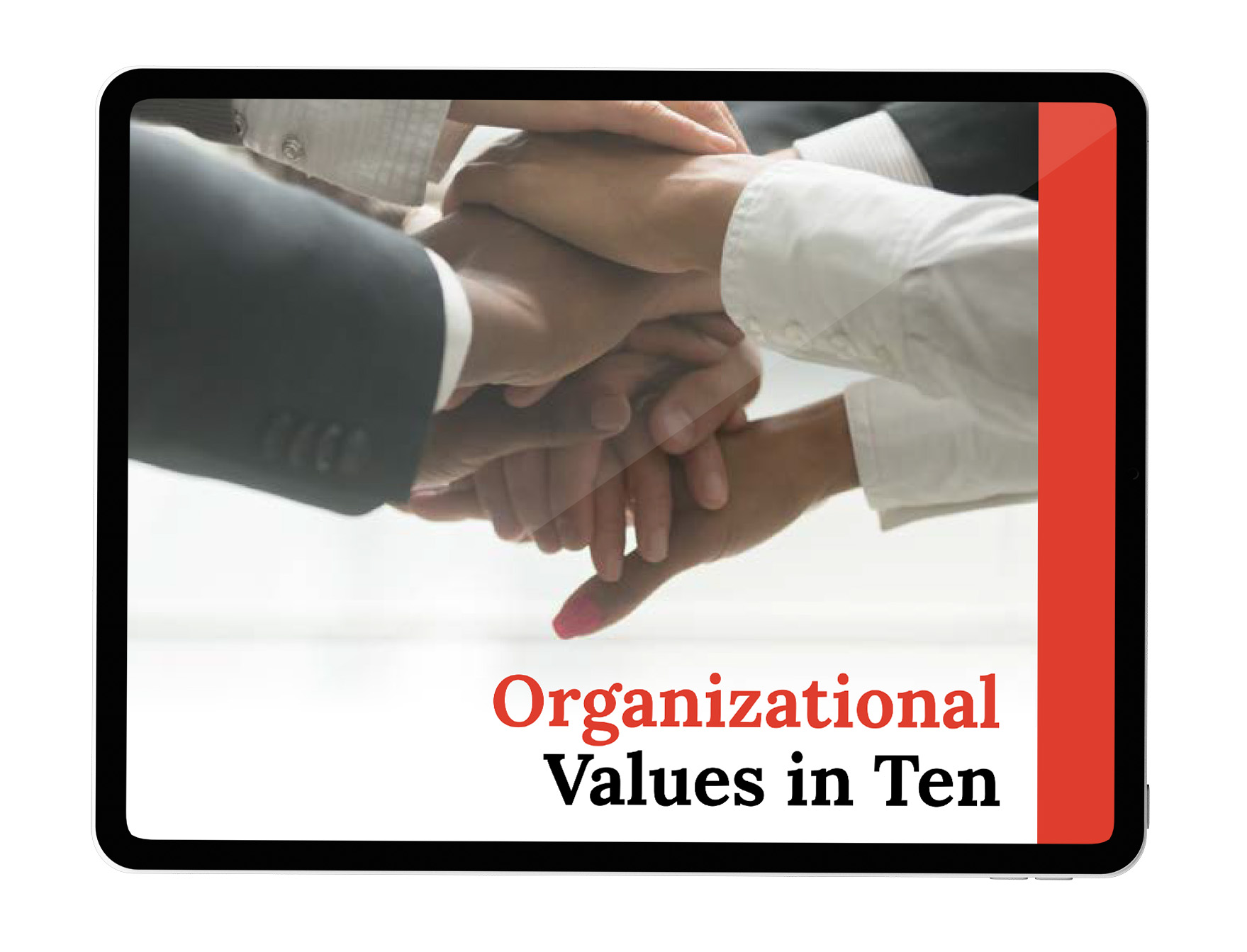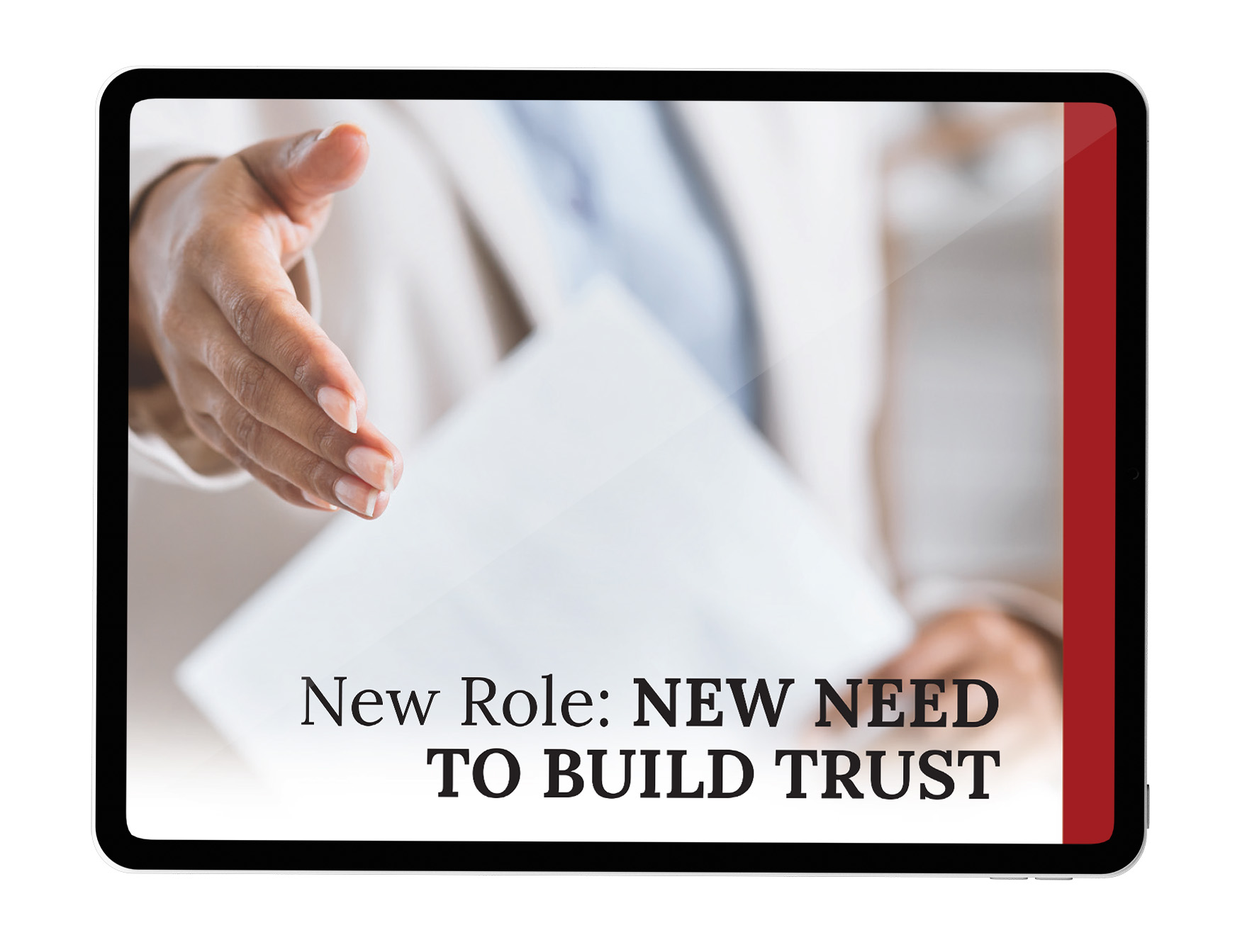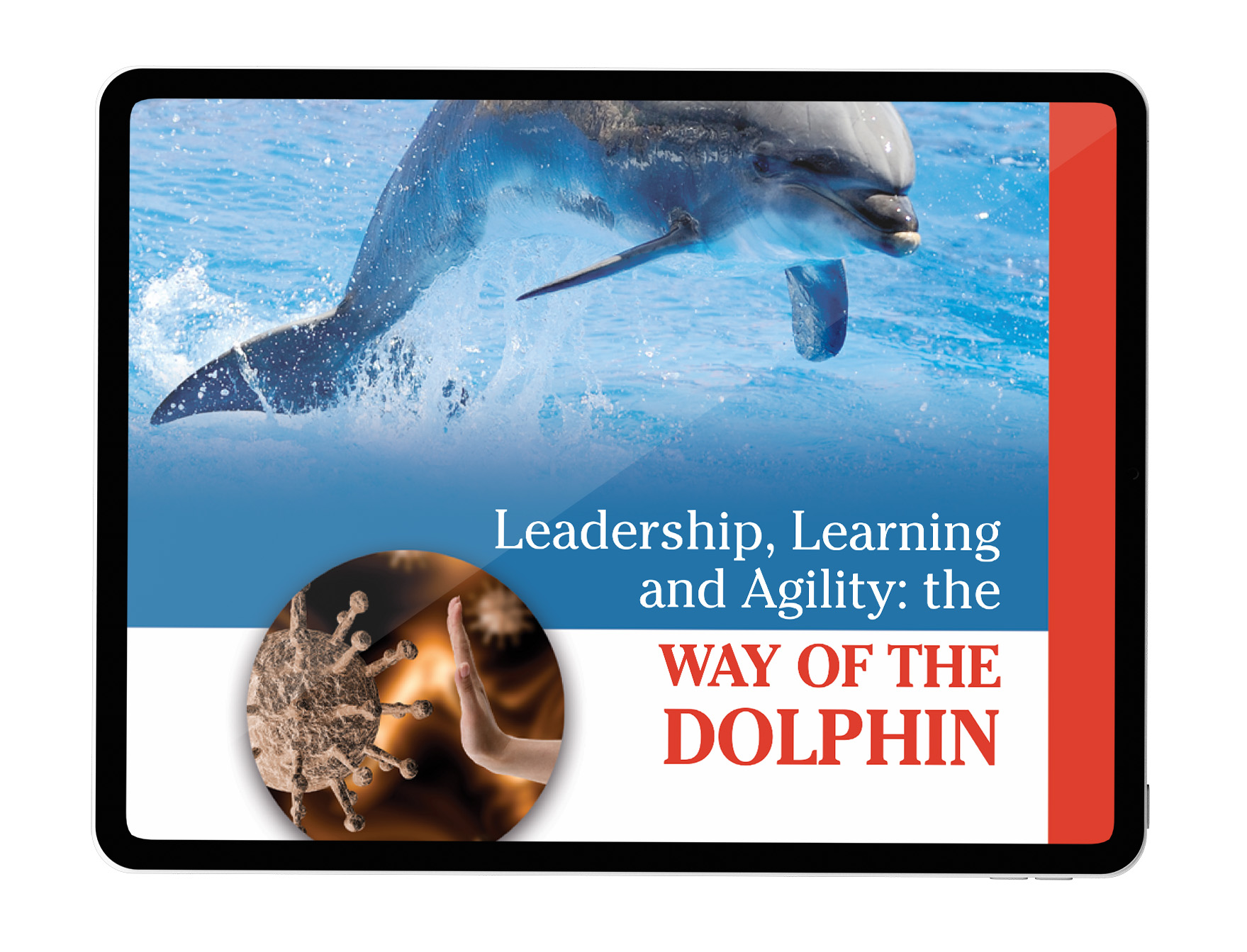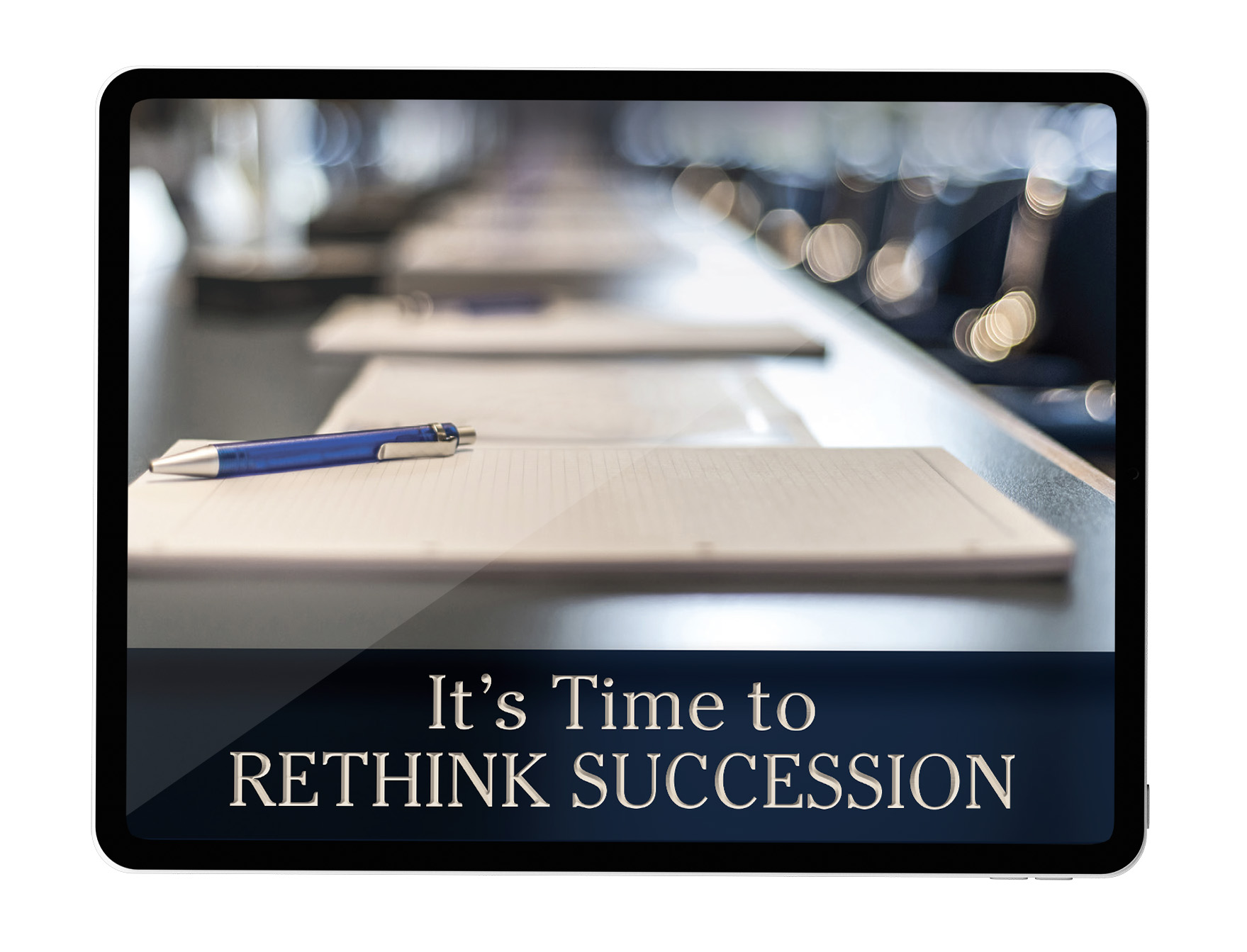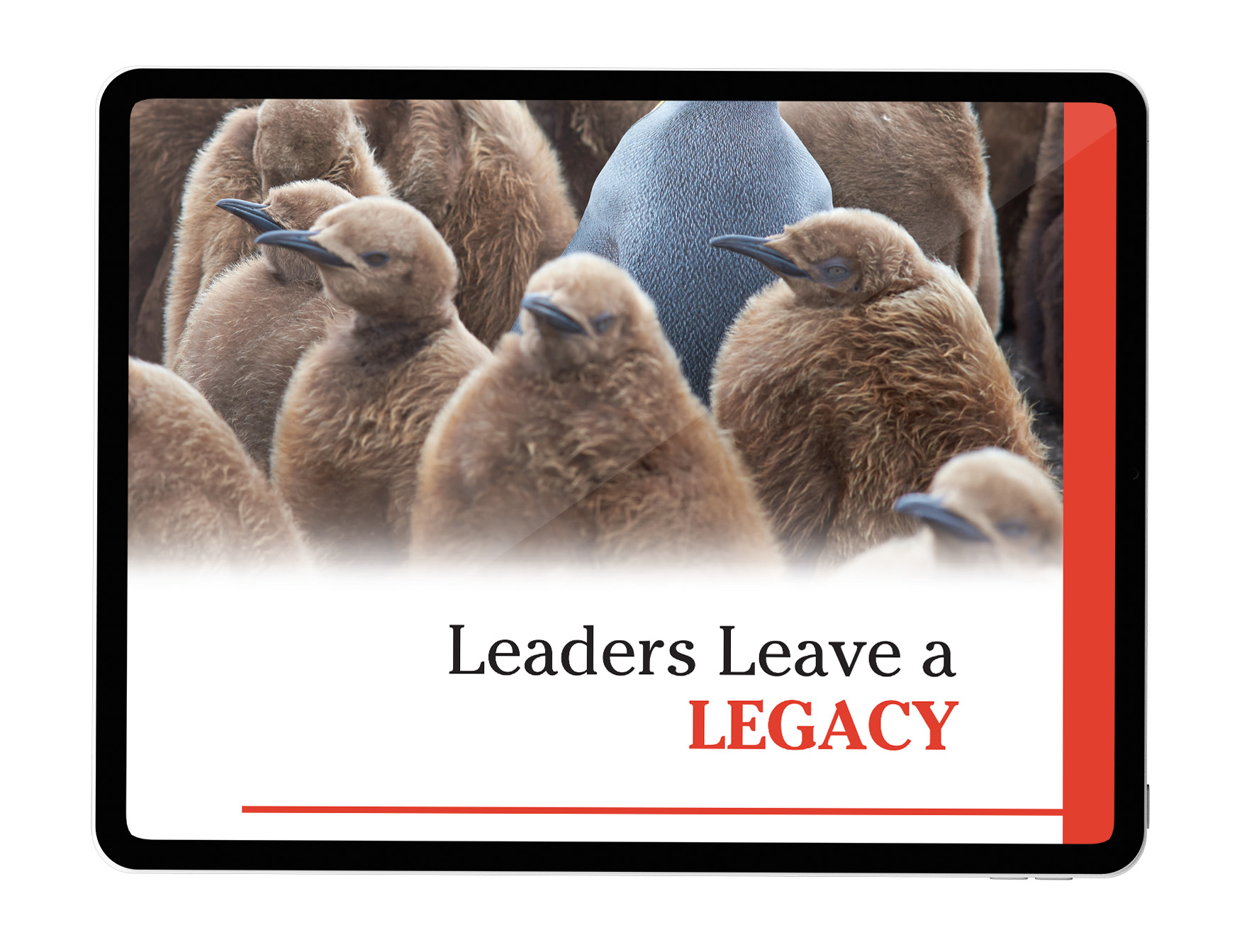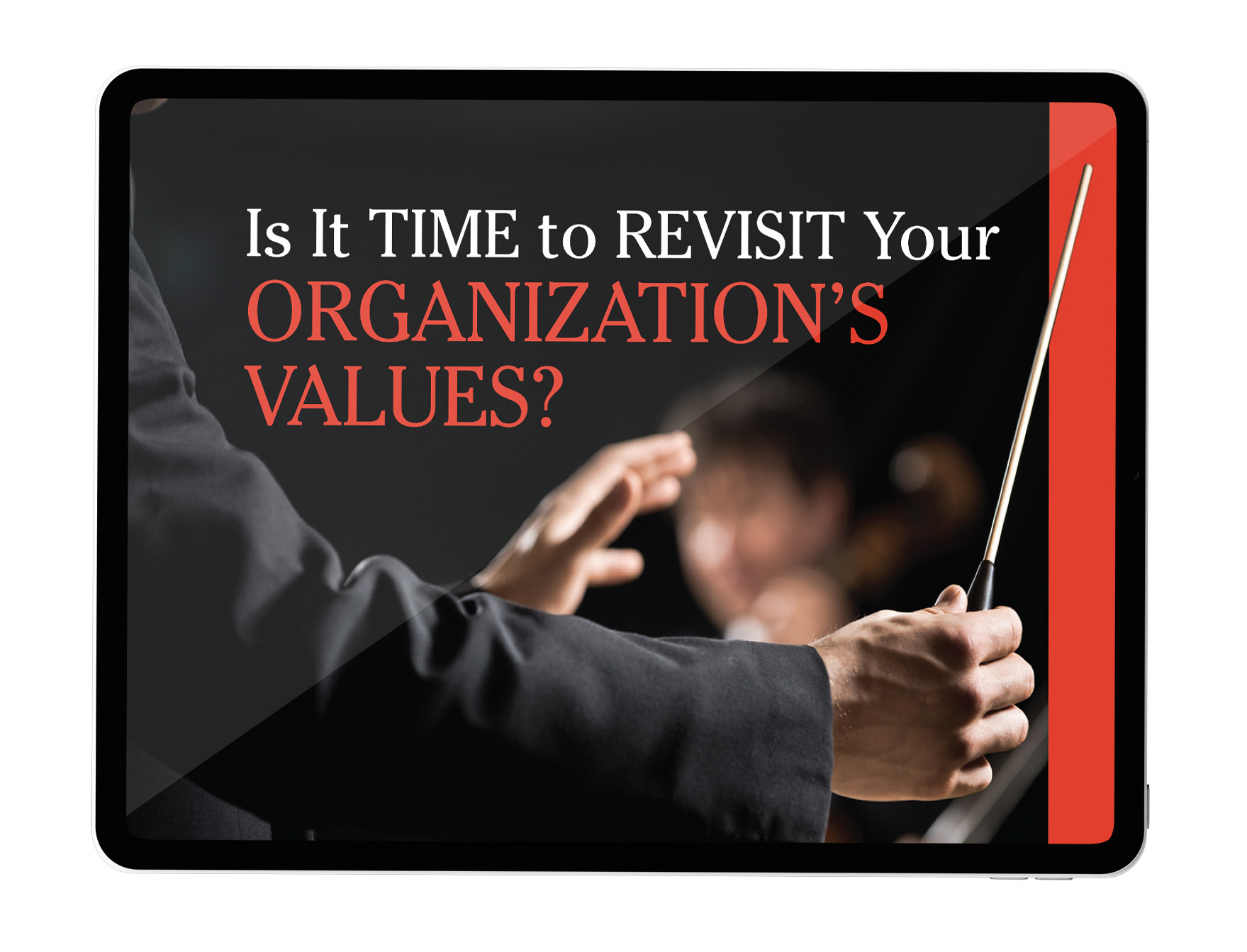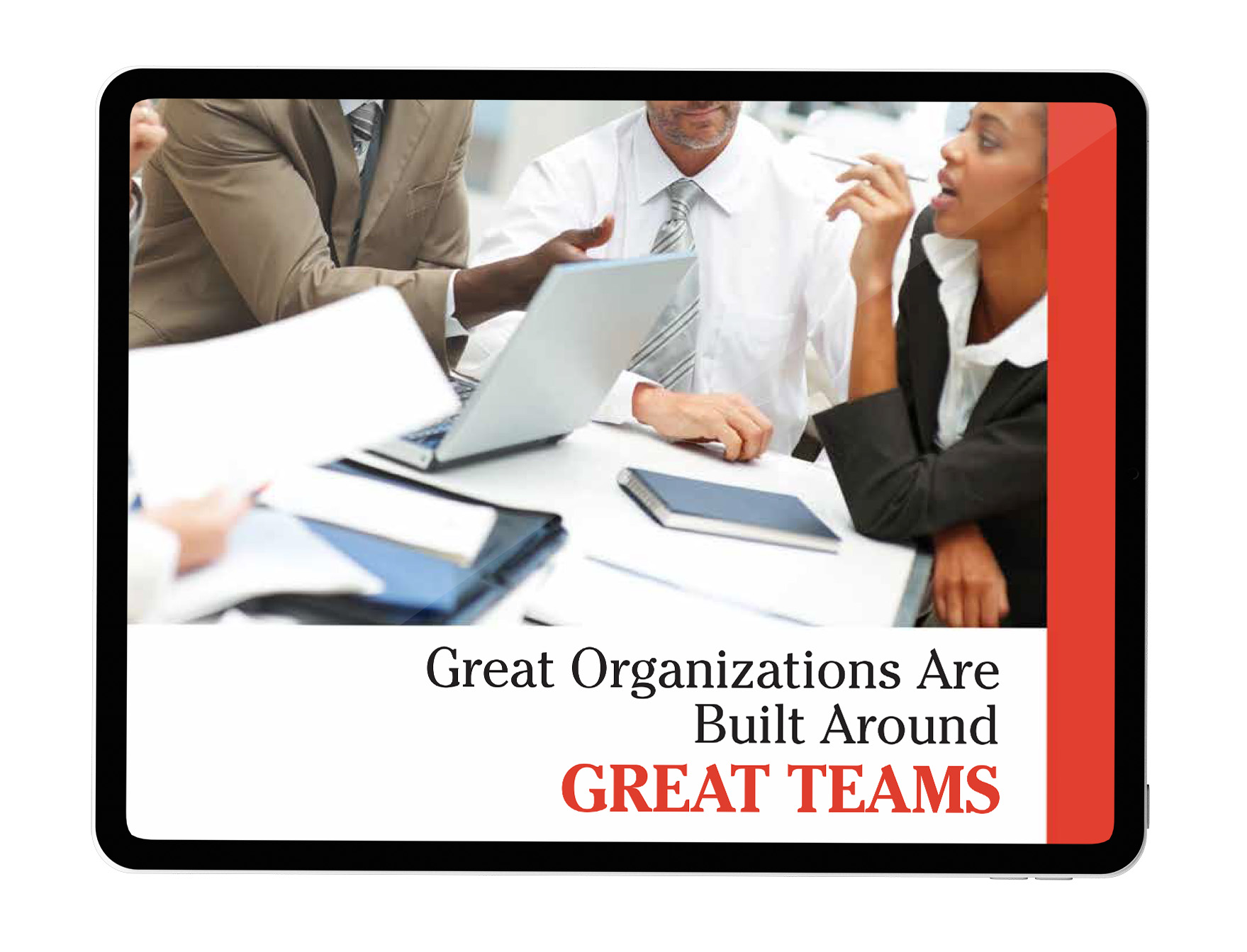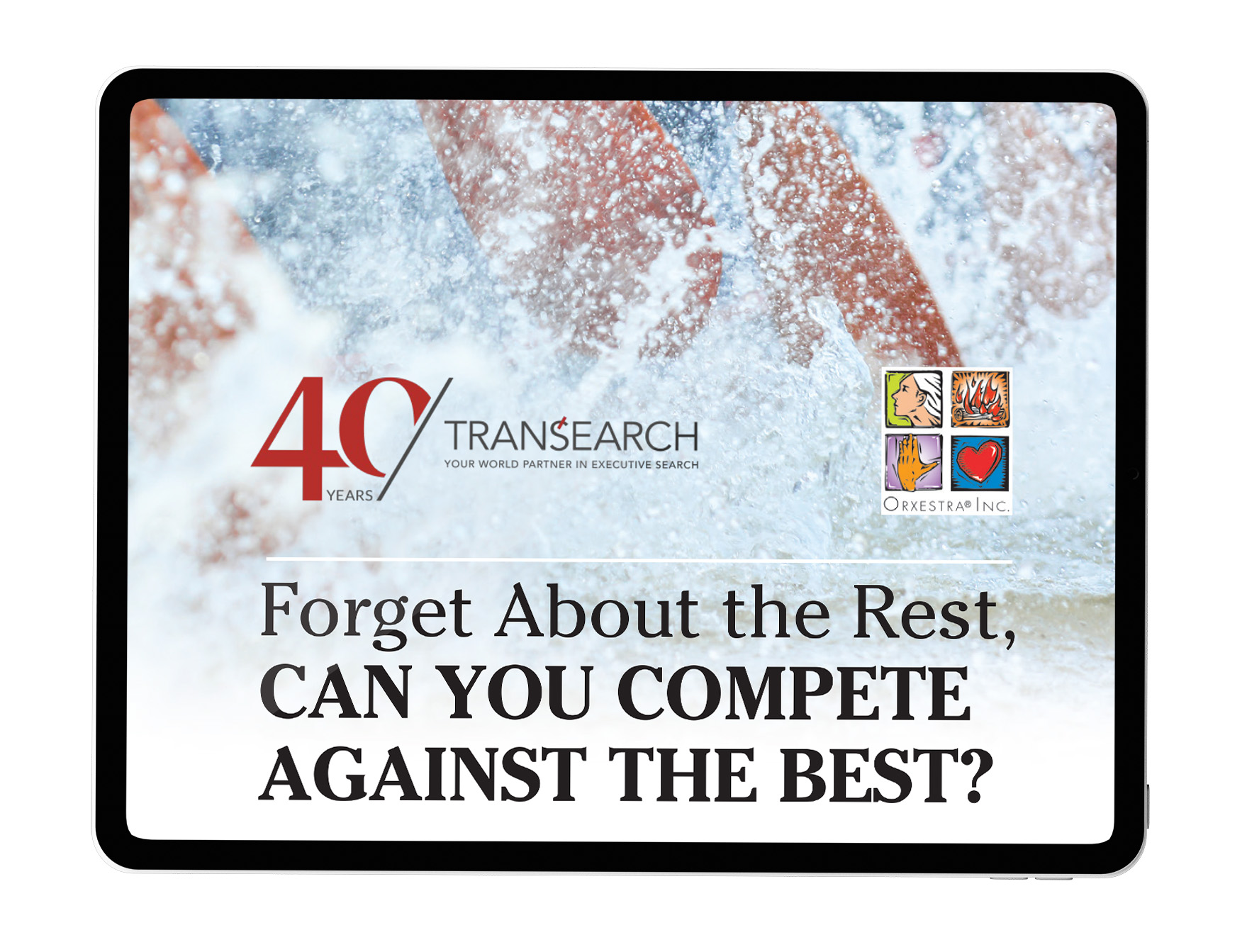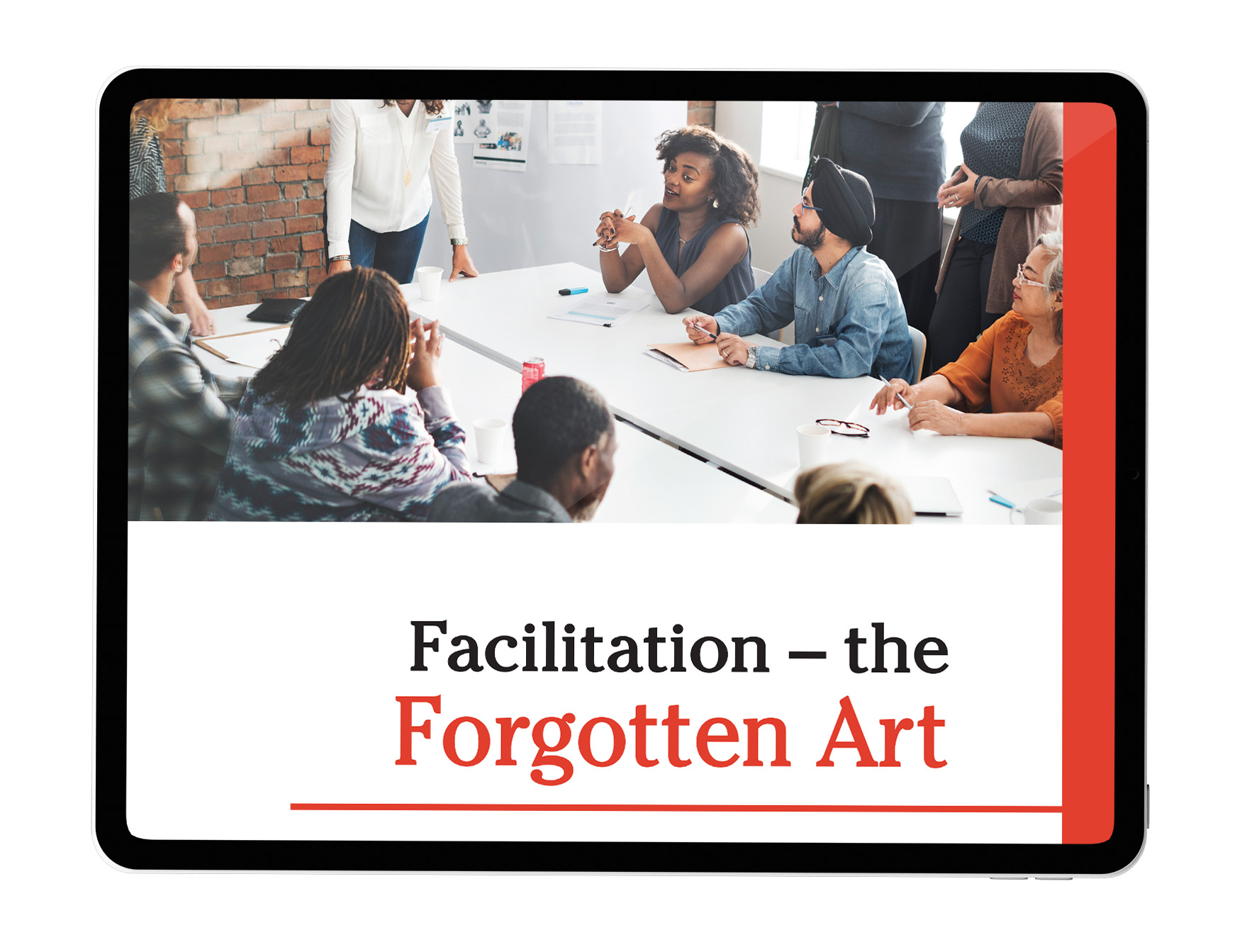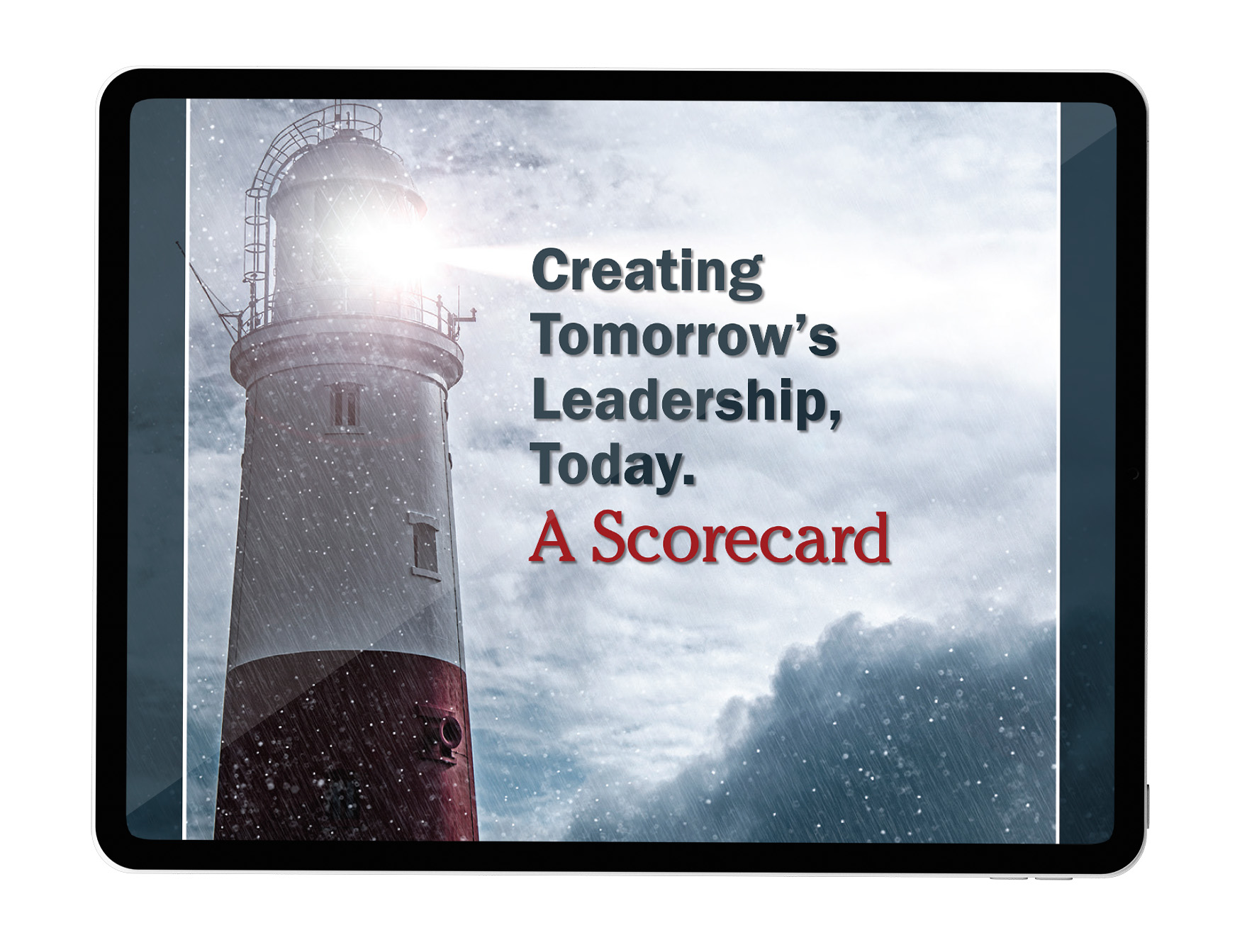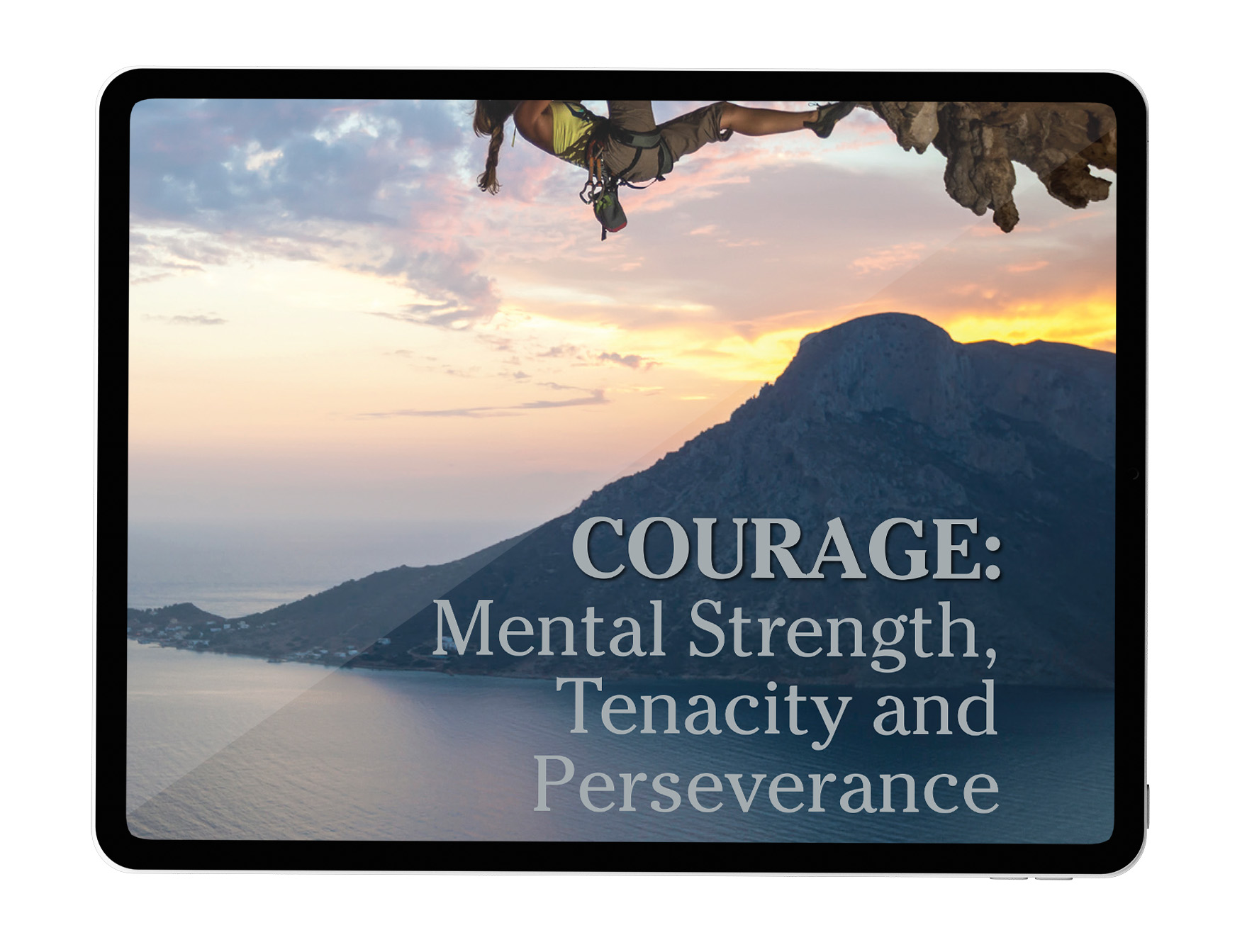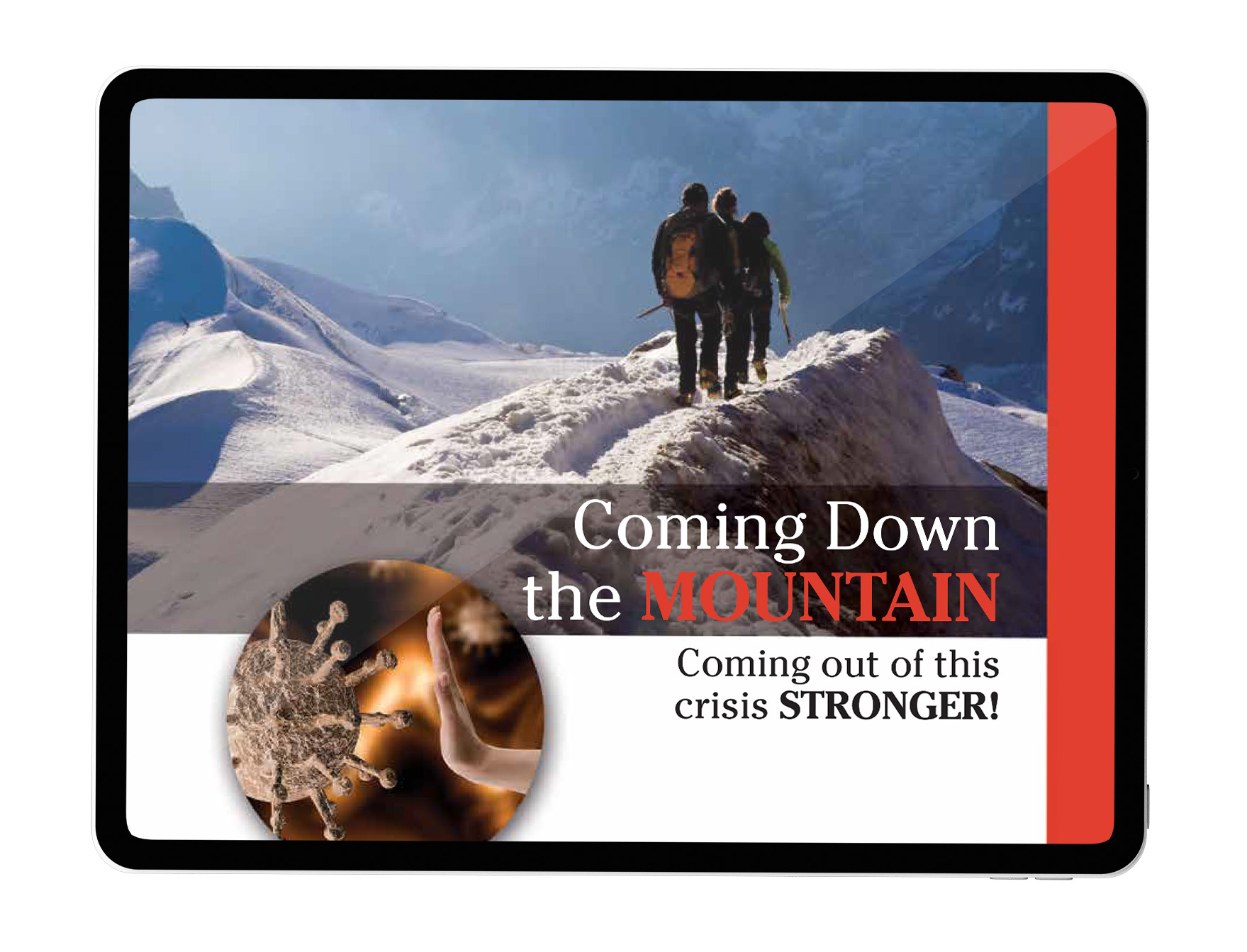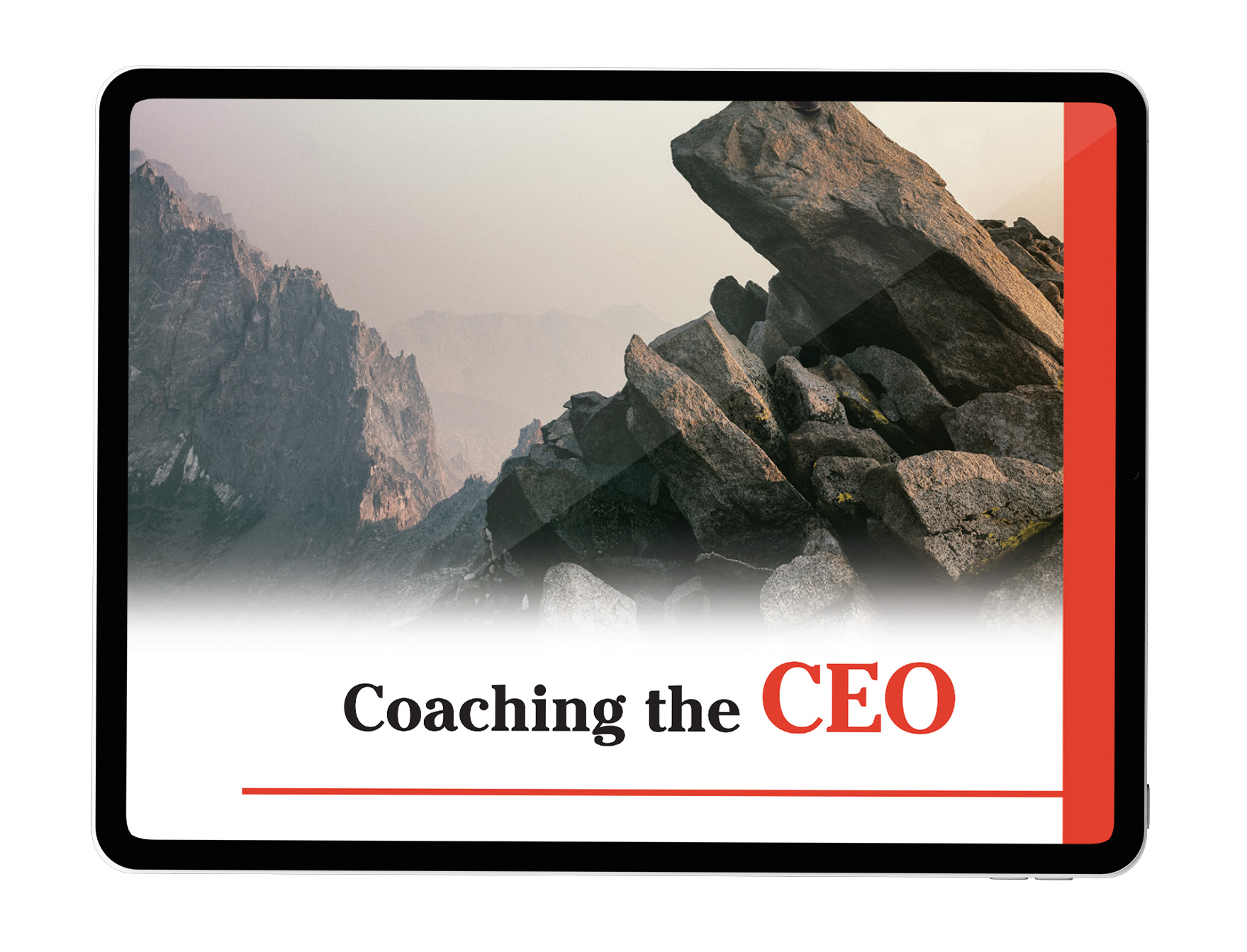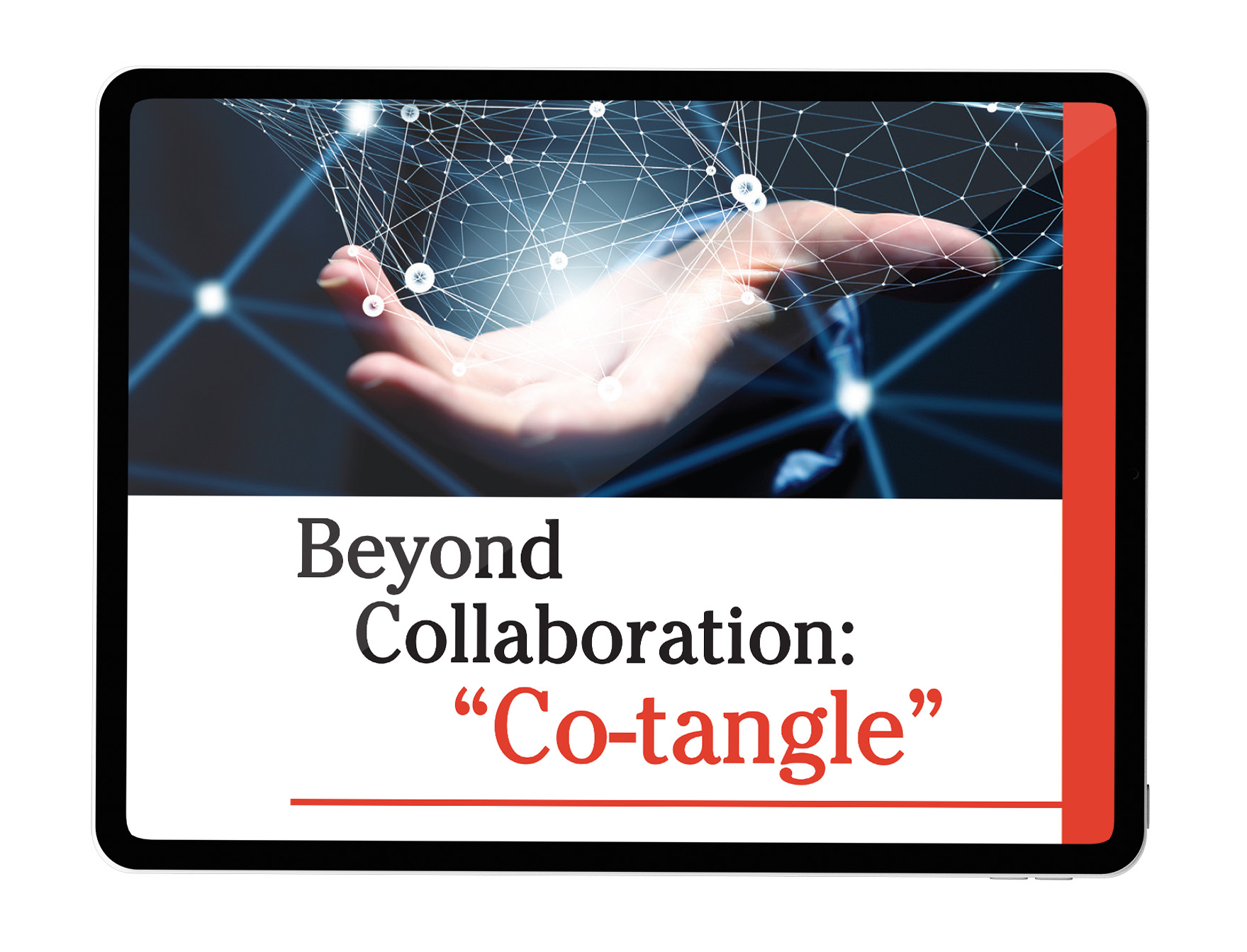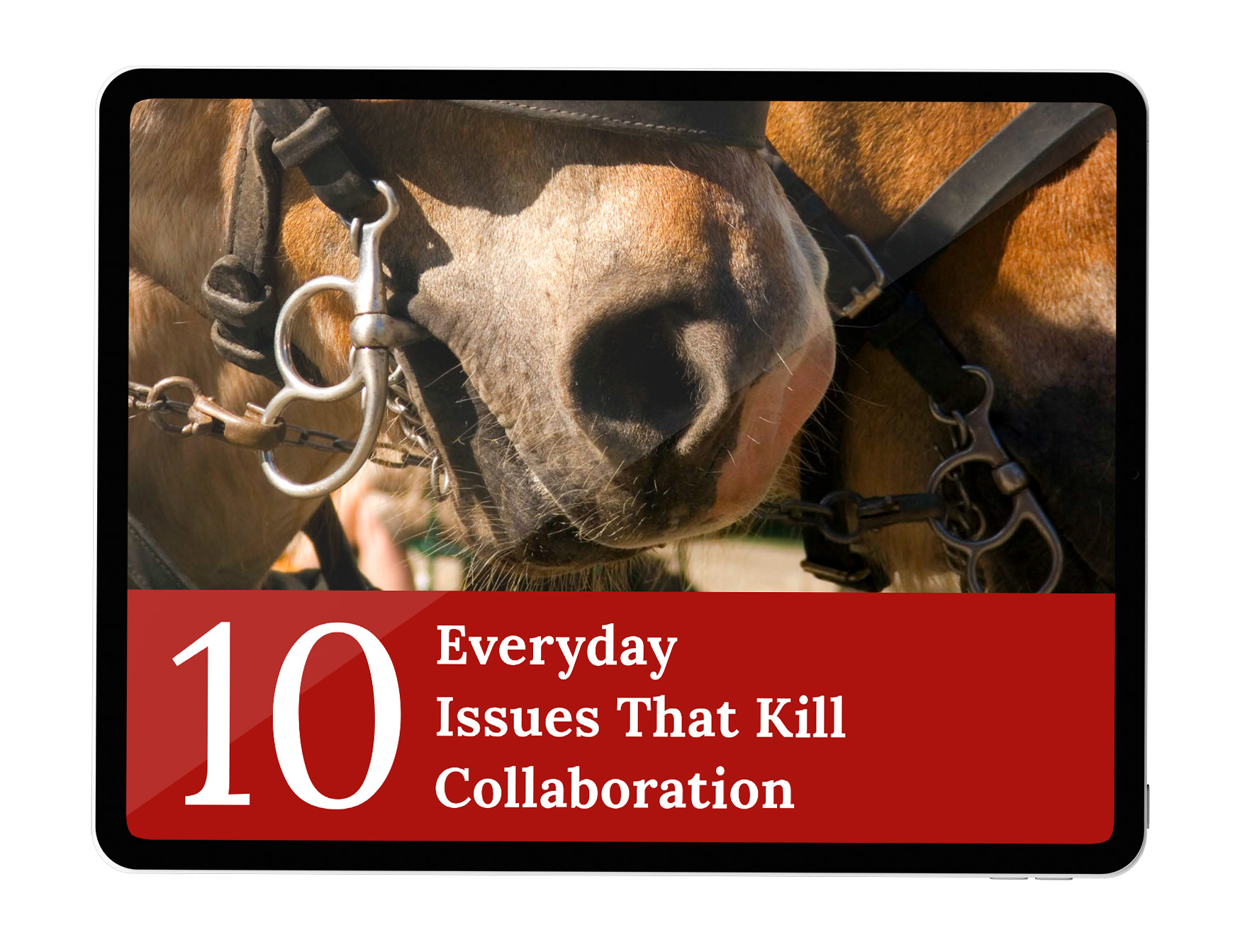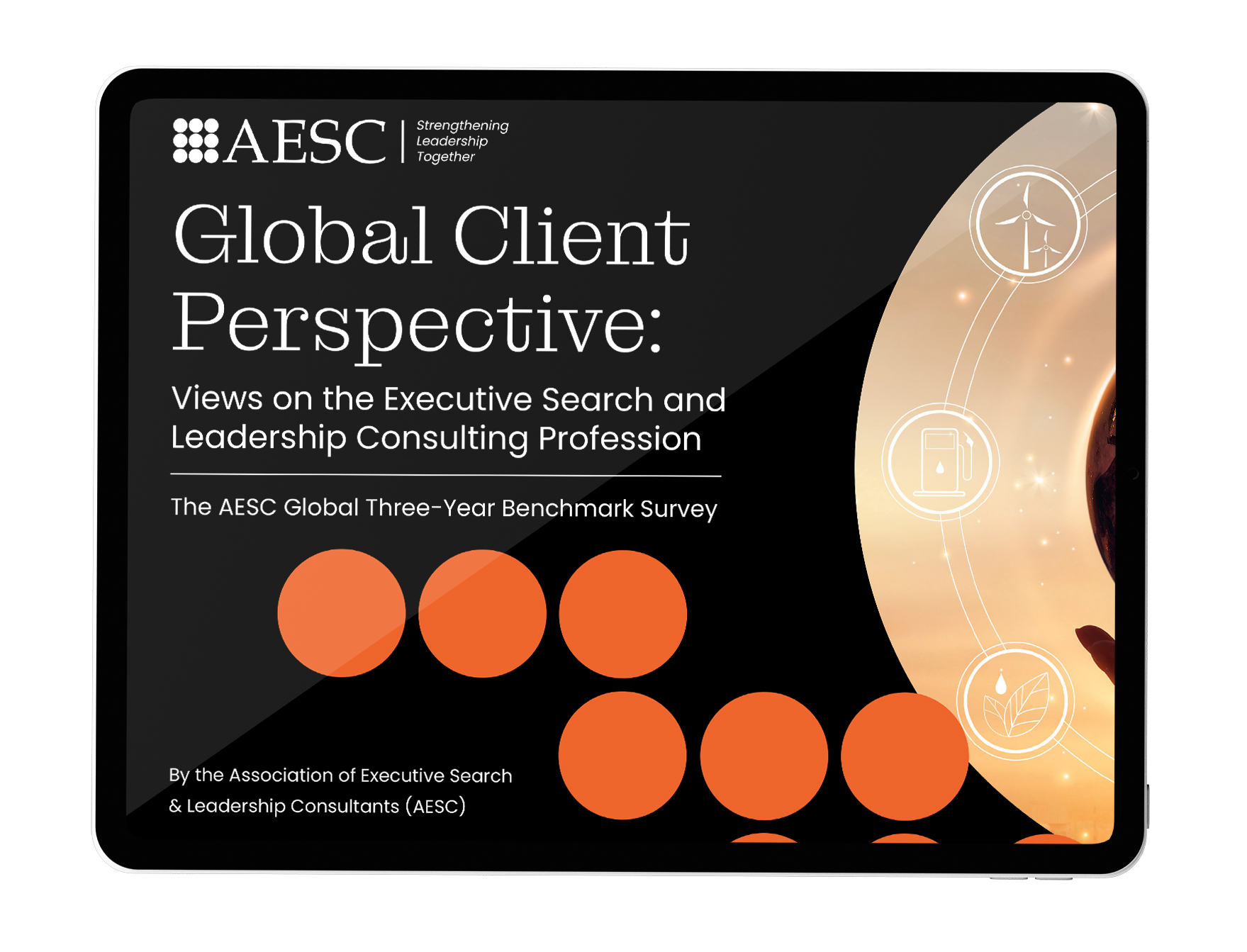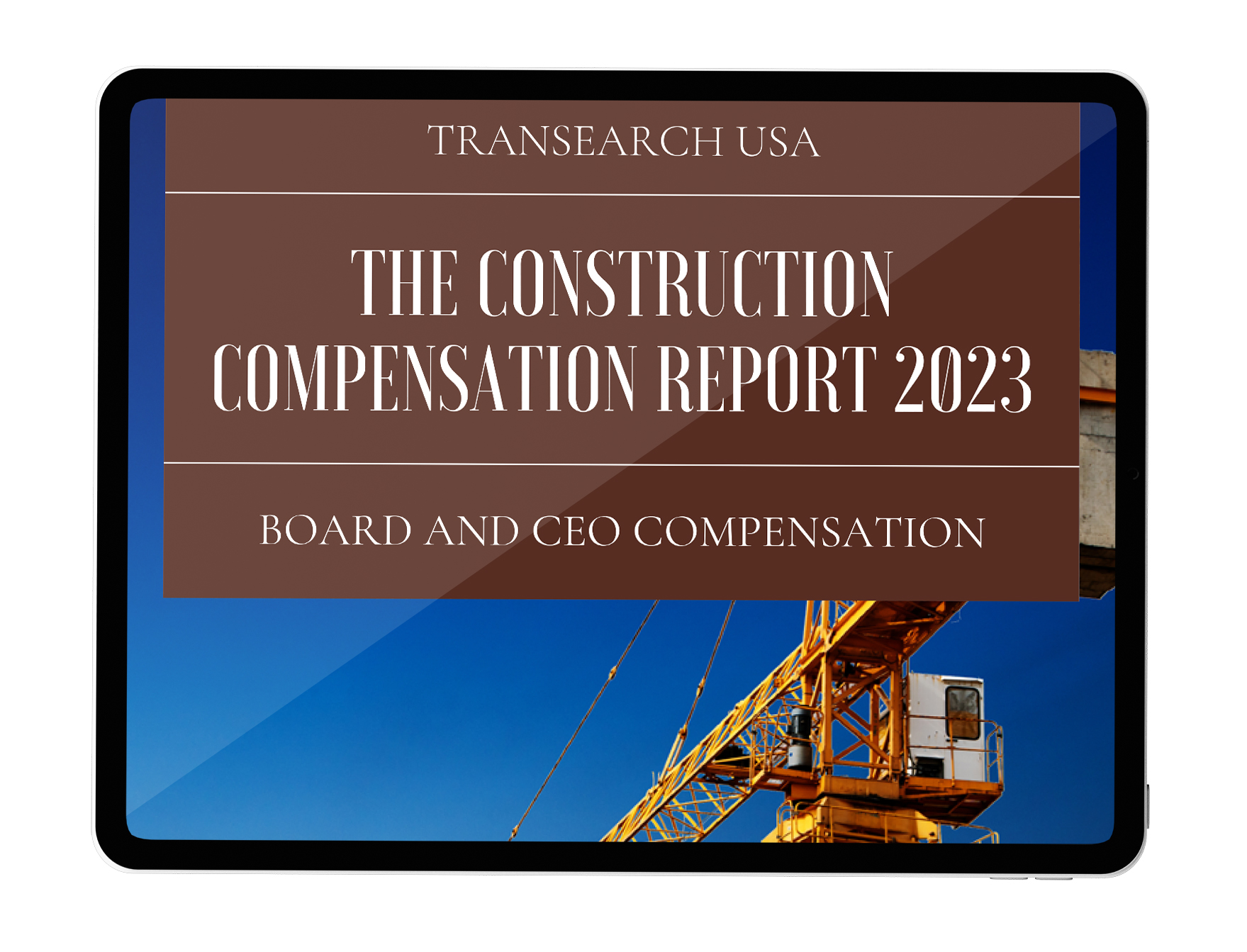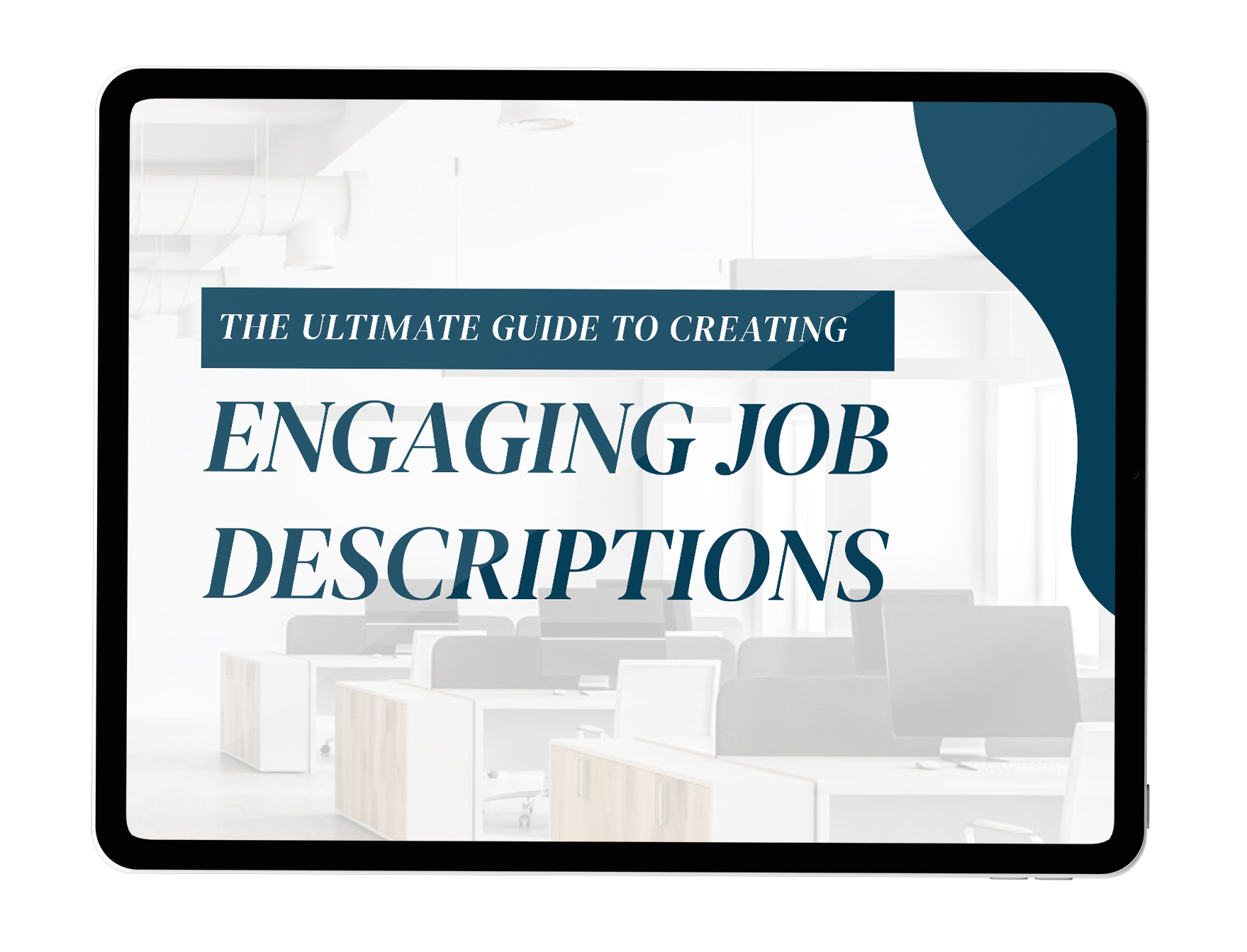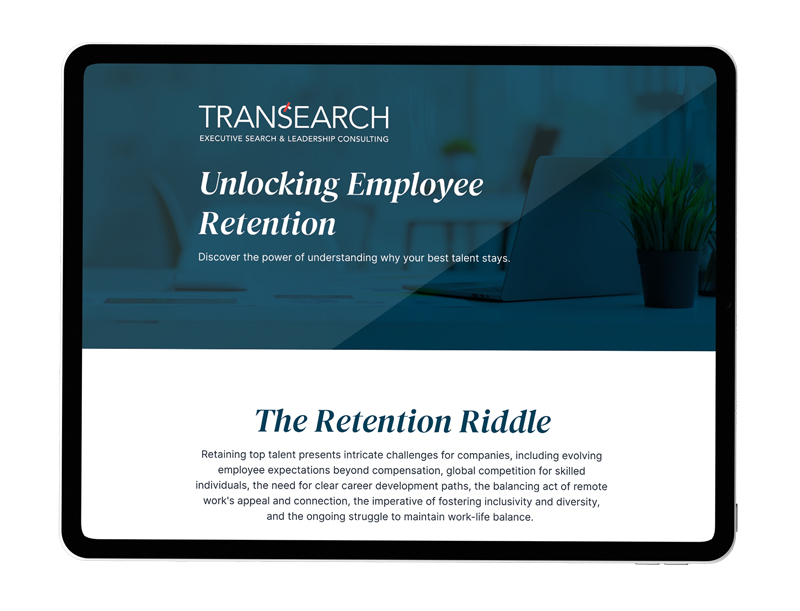Burnout is an intense state of emotional, mental, and physical fatigue resulting from prolonged and excessive stress. It strikes when you are swamped, excessively drained, and unable to cope with continual demands. As this perpetual stress lingers, your initial interest and motivation—the very things that prompted you to accept your role—start to falter.
Causes of Burnout
Unclear job roles and expectations can be a major contributor to professional burnout. An unhealthy workplace with elements like dysfunction, conflict, poor communication, or lack of support can lead you down a path of mental exhaustion, leaving you feeling detached and emotionally drained.
Additionally, being overworked—including working extended hours, neglecting breaks, or bringing work home—could lead to physical and emotional exhaustion. The absence of a supportive network within your workspace can also contribute to feelings of burnout.
Finally, a lack of work-life balance is a leading factor in burnout. When professional commitments take over personal time, it disrupts the work-life balance, removing the necessary break from job demands.
Signs of Burnout
Burnout isn’t an abrupt condition that happens overnight. The initial signs might be subtle, but they gradually worsen over time.
Physical Signs of Burnout
-
Constant fatigue and energy depletion
-
Reduced immunity, leading to frequent sickness
-
Regular headaches or muscle aches
-
Modifications in eating or sleeping patterns
Emotional Signs of Burnout
-
Feelings of failure and self-doubt
-
Feelings of helplessness, entrapment, and defeat
-
Detachment or feelings of isolation
-
Loss of motivation along with a growing cynical and negative perspective
-
Decreased contentment and sense of achievement
Behavioral Signs of Burnout
-
Avoidance of responsibilities
-
Social isolation
-
Procrastination, resulting in inefficiency
-
Coping with food, drugs, or alcohol
-
Projecting frustrations onto others
-
Habitual absence, tardiness, or leaving work early
The Burnout Cycle
When the causes of workplace burnout aren’t addressed at the source, the burnout cycle can take hold:
-
Stage 1: Burnout—Burnout diminishes productivity and drains your energy, leaving you in a state of increasing despair, hopelessness, cynicism, and bitterness.
-
Stage 2: Breakdown—Over time, you might reach a point where you feel utterly depleted.
-
Stage 3: Bounce Back—After taking a step back, you might feel a renewed energy for a while until the next bout of burnout emerges.
Managing Burnout
Controlling stress and improving your work environment can help you manage burnout and keep the burnout cycle to a minimum.
Concentrate on What’s Within Your Control
Open up about your workload or stress with your boss. Open dialogue may lead to viable solutions, like adjusting your workload or getting extra assistance. Recognize parts of your job that you can alter, such as your timetable or surroundings, and modify these to alleviate stress.
Participate in Activities That Rejuvenate You
Dedicate time to hobbies, exercise, or social activities that bring you joy. These are vital for your mental and physical recovery. Frequent exercise can alleviate stress levels and lift your spirits, so pick an activity you love and incorporate it into your routine.
Establish Boundaries Between Work and Personal Time
Limit your working hours—reserve personal time for rest and non-work activities.
Make Sleep and Rest a Priority
Ensure you get ample sleep each night to help your body and mind recuperate from the day’s stress. Adding mindfulness or meditation practices to your everyday routine can aid stress management.
Take Short, Regular Breaks Throughout the Day
Breaks can help limit fatigue and keep up productivity. Even a quick five-minute walk or a moment of stretching can alleviate stress.
Assess Your Alternatives
Think about workplace modifications that could have a positive impact, such as changing roles or exploring new opportunities.
Finding Leaders Who Can Minimize Burnout
Recognizing and tackling the signs of burnout is essential for maintaining both personal well-being and professional productivity. By understanding the causes and symptoms, you can proactively manage stress and prevent burnout from becoming a cycle.
Strategies like setting clear boundaries, seeking internal support, and indulging in restorative activities are critical. And with aligned leadership, you can infuse your teams with an ethos that combats burnout, enhancing performance and satisfaction.
At TRANSEARCH, we seek leaders who don’t just manage but actively prevent burnout by fostering a supportive and balanced workplace. Contact us today to learn more: https://transearchusa.com/contact/





















